the Boomerang



Week two of the academic year brought a major change in the core of UCU students’ daily routine: Dining Hall. Along with the change of the caterer came new food, new prices, new rules and brand new DH cards. Only the old staff remained almost unchanged and the new situation inevitably affected social life on campus. Sodexo – a French foodservice corporation with multinational clients including schools of all shapes and sizes, hospitals and military bases – has become the word on everyone’s lips.
The change in DH sparked controversy among students and protests ranging from facebook pages and multi-digit e-mails sent to the UCSA, the Dining Hall Advisory Group and College Hall staff, to a public petition, posters and fliers around campus. Interestingly, our case is not unique. Sodexo has a history of instigating students’ discontent as reported in student newspapers: “Students lose appetite for Sodexo dining” (Los Angeles Loyolan), “Students plan Sodexo Boycott” (The Depauw); “Kick-Out-Sodexo Coalition Joined By New Student Groups For Latest Sit-In” (The Daily of The University of Washington). But who bears the blame in our situation? Is it Sodexo, or maybe College Hall’s approach, or Utrecht University’s policy? Or better, is there a problem with the new system at all?
The prices of food in DH sparked angry discussions for the last two weeks. After the first day, prices were immediately adjusted downward, with a budget dinner option for 3.95 euro. For some, this seems to be reasonable; for others, it doesn’t make a big difference.
“The quality of the food has definitely improved, but for students it is still expensive,” second semester student Shahzaib Momin said.
It isn’t clear who sets the prices. “College Hall has no influence on prices because we buy directly from Sodexo,” Campus Life Forum Chair Valeria Boers Trillers said.
But Dining Hall Manager Kees Jan van Spronsen says this is not the case: “It’s the UU that sets the prices. That’s why the prices could be lowered so easily within a day.” The decision to lower the prices after the first day was taken in conjunction between Sodexo and the UU, while “it could well be that other Sodexo locations maintain higher prices.”
According to van Spronsen, strictly speaking, prices haven’t increased at all. “We still buy products for the same price as we used to under Eurest,” he said. Previously, however, the system worked with an all-inclusive policy, with College Hall paying for the staff costs and the operating funds. This is no longer the case under the new system, thus prices have risen.
“There is a very close consultation between College Hall and Sodexo, who have been given
formal and informal feedback since starting, including issues over prices,” Student Life Officer Mark Baldwin said in an e-mail interview.
Boers Trilles stressed that changes are possible, “but returning to the old system is not.” The paying-per-item system has been students’ most frequent preferred option in the Dining Hall improvement survey that went out last year, she added.
There is a call among students to make Dining Hall optional. Students who wish to have meals in Dining Hall will continue to pay the 1,500 euros fee to College Hall, while those who do not wish to do so for various reasons will not pay and will find alternative dining options. The current policy only allows Dining Hall exemptions to students with specific health issues.
“There might be students who find it morally repulsive to eat here because they do not agree with the history or policy of the com-
pany who offers the catering service, as an example,” second year Simon van Oort said. He thinks students should not be forced to pay the Dining Hall fee. “Have Dining Hall there, because we need it, leave it open for Saturday dinner as well, but make the 750 euro [per semester] optional.”

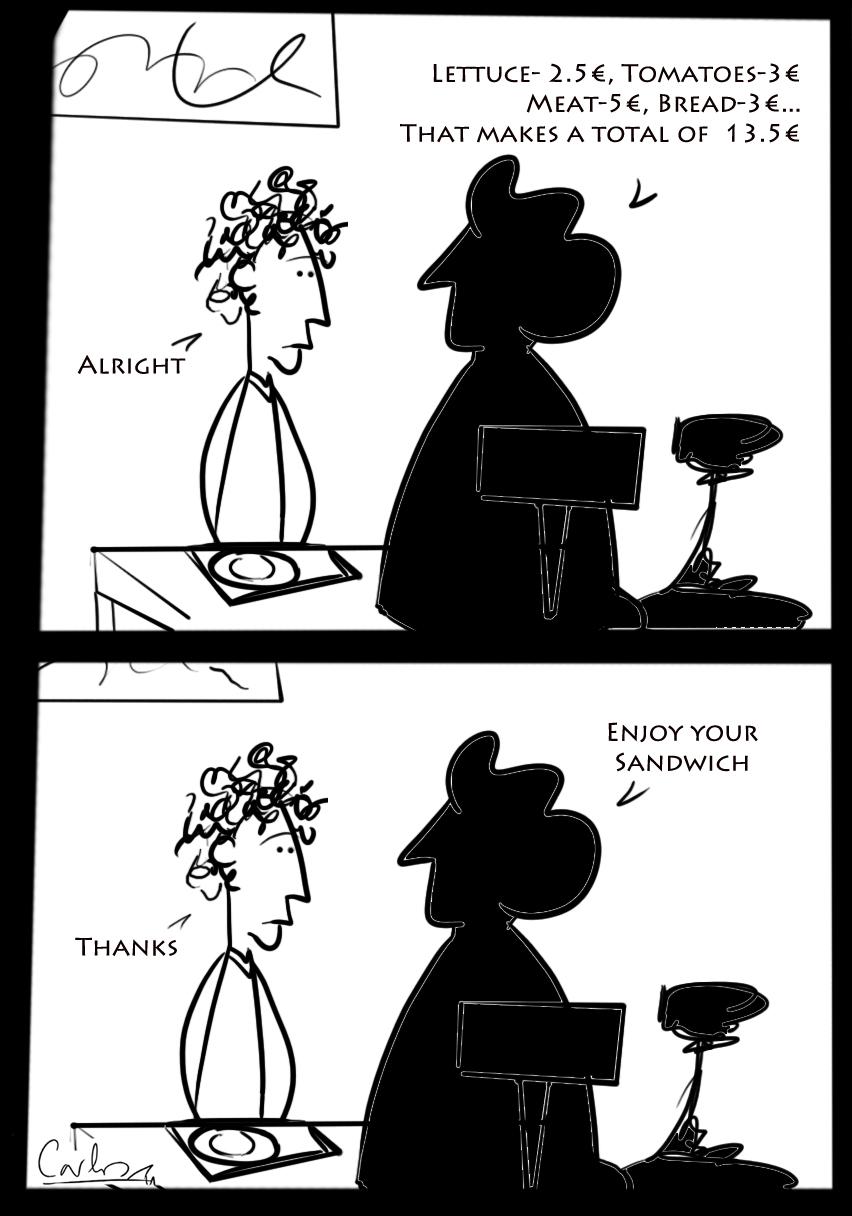
Along with the food and DH operation, consequently, campus social life is changed for good: less people are now eating in Dining Hall. Will relaxed, one-hour long dinners in a noisy, bubbling Dining Hall only be part the past?
Simon van Oort thinks that “the purpose of Dining Hall was to be a place to meet your
» PAGE 06
ASC’s Invisbility Cloak
» PAGE 03
words,
» PAGE 04
The Bubble
The Bubble Permit Problems
» PAGE 06
Cover Story
Exchange Feature: Singapore
» PAGE 08
Special Feature
How Dining Hall Made Me a Carnivore
» PAGE 09
Special Feature
City Gems: Utrecht
» PAGE 10 Colosseum
Discovering the Dutch.. the Silver Screen
» PAGE 11
Colosseum
“No
please, Mr. Cook”
Sofia Banzhoff and Katharina Luckner
Some would say it’s the defining feature of UC. Others avoid it like the plague. But it’s on everybody’s mind, and a never-ending source of gossip: our very own campus bar.
It’s one of the first places you see in Intro Week. Where you bond with your family for the first time, and possibly make lifelong friends. Where you relax, or let loose after deadlines and stressful exam weeks. Where you go for one beer, and end up having five and getting ice-pitchered with someone you’ve been admiring across Dining Hall.
Are you one of those people who go every night? Who only go to special events such as Super Sticky Surfaces or Open Mic Nights? Or one of our beloved and dedicated chiefs and bartenders? Follow your path among the bubbles and find out!
Roeland van Beek ColumniSofia Banzhoff
The parties. The all-nighters. The people who always answer “I’m tired.” Or that many of us hardly leave the bubble – with the notable exception of Albert Heijn trips to refurnish our fridges with chocolate and beer. Living on campus: can it be healthy?
Campus life can be a slippery slope. The possibilities for social life are endless, so you jump right in, joining 17 committees, going to the bar every single night, hanging out with people until the wee hours of the morning. Then, all of a sudden, you realize that books don’t read themselves. That the first deadlines are looming. The solution? Skip sleep and exercise. Add alcohol, cigarettes, and the ridiculously high prices for Dining Hall fruit and salad and the picture looks pretty bleak.
But are things really that bad?
“Campus life is really intense, mentally and physically,” says SportsCo chair Sil Scholte, referring to demanding academics, the vibrant social life that makes it difficult to “find a moment for yourself,” and the effects of drinking and lack of sleep. “But Dining Hall provides
us with healthy food and there are plenty of sports on campus.” SportsCo, for example, has about 80 active members, and MarathonCo had more than 50 people at their kick-off run a few weeks ago.
“Campus offers many possibilities to be healthy and it seems that quite some people indeed follow up on it,” says MarathonCo Chair Mara Soekarjo. “Exercising helps you perform well. It’s the whole mens sana in corpore sano idea.”
But being healthy requires effort and dedication, and sometimes, especially after a long class, watching a movie just seems like a much better way to relax than sweating in a running suit.
Surrendering to laziness is not the only problem. “Our weakest point is that people drink too much,” says Valeria Boers, chair of the Campus Life Forum.
“Everyone knows partying is unhealthy,” says MedCo secretary Simone Uniken Venema, “but people drink anyways. Reducing the amount of alcohol would be good. But you still need to enjoy your student life.”
The incompatibility of student life and a
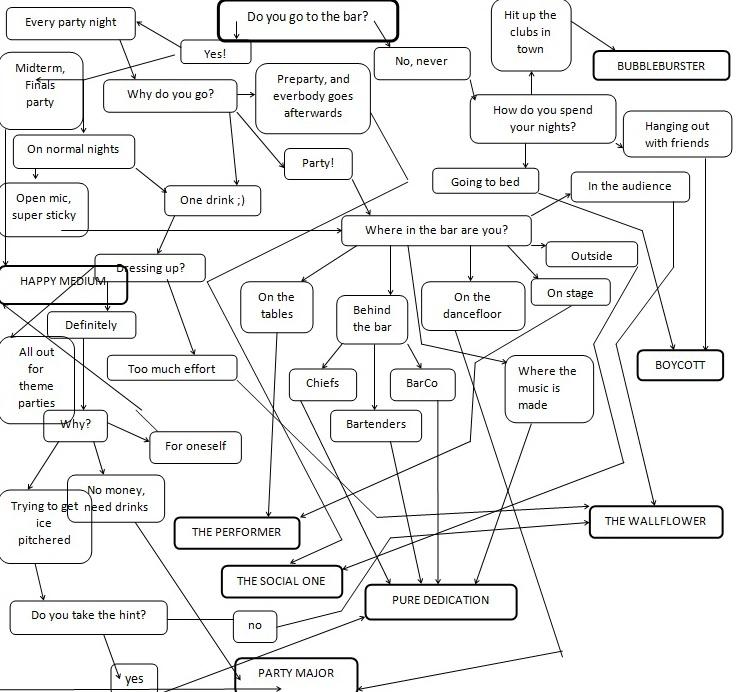
truly healthy lifestyle is a recurring theme. “It’s an important part of student life to be hungover, to go to class drunk. Everyone needs to experience social stereotypes of students,” says BarCo secretary Marie Gillesen. The same applies to food: “We’re students. Everybody likes fries,” says Valeria. So how can “healthy student life” lose its oxymoron status?
“I see the need for every student to actively balance his lifestyle,” says Student Life Officer Mark Baldwin. “It is the responsibility of every individual to take account of their health. That is part of the leaving-home-process.” However, this implies that you have to care. You need to want to be healthy.

“It’s a matter of choice if people are willing to put in the effort to be healthy,” says Dining Hall Advisory Group Chair Juliet den Oudendammer. This means that you can’t blame your unhealthy lifestyle on the lack of distance between the buildings, on Dining Hall, or on the alcohol.
In the end, the choice is on us. We might only have to try a little harder than we used to, back at home, where mommy cooked plenty of vegetables and didn’t charge us.
People ask me why I’m still working for the UCU Accent Project, more than a year into my nonlinguistics masters: sitting in the recording room for an entire evening, answering the same questions, ringing the same bell over and over again.
It’s not that I like the story of The Boy Who Cried Wolf so much or that I can’t get enough of students reading that really long extract from the Universal Declaration of Human Rights twice. No, there’s more to it.
I meet five new students in one evening. While most third-years have long given up on meeting new people, I as an alumnus get to know enough first years to fill an entire Introweek family in two days. Well, meeting them... A lot of students that I record don’t even say hi to me the next day. Furthermore, reading texts that I already know verbatim doesn’t exactly create a great get-to-knoweach-other atmosphere either.
What makes this job so much fun for me is the second part of the recording. Six minutes in which the students talk non-stop about themselves, about their holidays, courses, adventures, essays, or dreams, about their home town, their gap year or, their future. If that isn’t enough, there’s still a three-minute conversation to ask them whatever I want – it’s almost like speed dating.
It is because of these recordings that I still know first- and second-years on campus. The girl who brought a beer to her first recording, the guy who asks every time whether he actually has to call Stella, the guy who explained how he cheated on his exam: it’s amazing how much you can learn from listening to someone’s unprepared monologue.
Even more so when asking questions without the other person feeling obliged to be brief: if there’s one thing I learned from doing these recordings, it is that you can have a conversation with anyone. We usually don’t, because for some reason we create an awkward silence after having asked two questions in a row. Get rid of this awkwardness, and campus is yours.
You should try it. It’s a perfect experiment for Dining Hall, or what’s left of it. When you’re done with your everyday talk about the violations of your human rights, start asking people questions, but instead of interrupting with your own opinions, reply with a new question. Not only will this save you from all kinds of silence, it also guarantees very interesting stories about people’s lives outside of campus. Just to get through those days you aren’t busy kidnapping the dean, you know.
Annerijn Vink
What happens after UCSA and ASC elections? Are the candidates’ ambitious aims converted into concrete results? In this column we will closely look at the actions of our representatives.
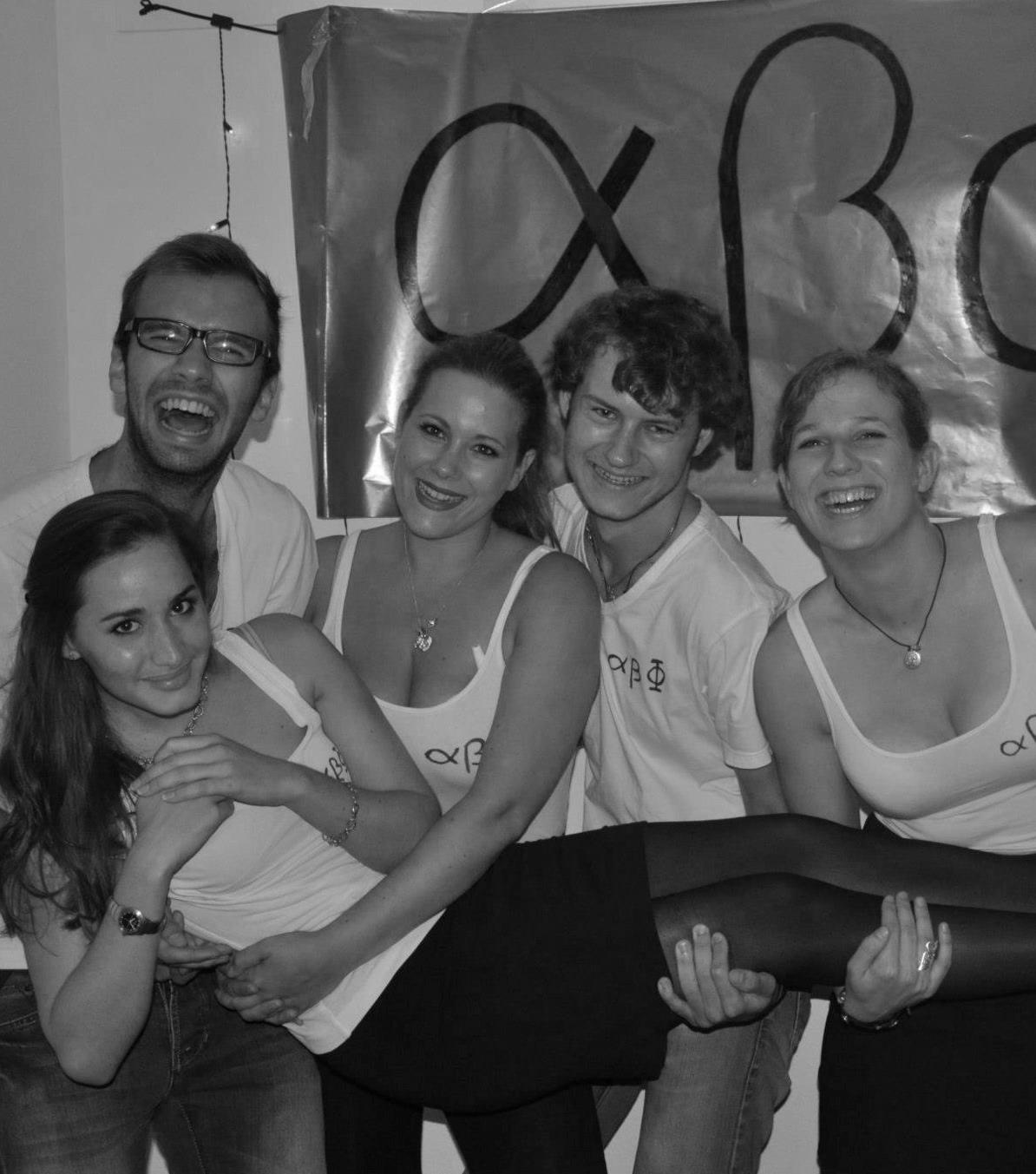
“ASC? Didn’t they have something to do with the Booksales?” This was a common answer when I asked first years about ASC. The visibility of ASC was an important theme during the election campaign. Several candidates felt that the Academic Student Council’s work should be communicated more clearly to students. In his election statement, Simon van Oort, now AAO Humanities, stressed the importance of making ASC more “directly visible on campus”, communicating to students “more often or more in depth during Introweek”.
Has ASC been working to reduce this gap in communication? According to Linda Barry, AAO Social Sciences, ASC was very active during Introweek. “We helped out a lot. Also, we organized the pubquiz and the Dean’s speech and we made sure that tutors handed out ASC flyers to all the first years. We worked together with the tutors because we thought
it was crucial to show our affiliation with academics from the start.”
In her election speech, Barry evoked the vital need for an independent website “with information about the workings of ASC, which makes sure that ASC will be more transparent and accountable”. Currently, ucstudents.nl only displays the ASC logo, painfully contrasting with the fancy new UCSA website. Currently ASC’s website is not in use and they only have a page on the Intranet. ASC is considering setting up its own section on the UCSA website. “There will probably be a link to the Intranet page. We don’t want to give the impression that we are part of the UCSA. The difference should be clear”. But this makes little sense. If ASC wants to clarify they are not a part of UCSA, then why do they want to be a part of the UCSA website?
ASC stresses that it is not easy to ‘be visible’ on campus. “We have to work with College Hall a lot. Due to the nature of those meetings, we have to keep most things confidential for a long time. It is generally very hard to show what we are doing,” Barry says. She confirms that office hours are well-attended. Most stu-
Ivo Dimitrov, in collaboration with Willem van Geel
We had barely set foot on our beloved campus after a long summer, and we could already witness the latest UCU mystery. Dark posters featuring only three Greek letters quickly had everyone in anticipation of the big reveal. Welcome to Alfa Beta Phi – the latest addition to UCU’s Greek life. The Boomerang met with the founders of this new fratority to ask the questions that are on everyone’s mind. Who would want to join a fratority? Will this be a successful project or will it fall apart within weeks? Many were skeptical or at least curious about the arrival of Alfa Beta Phi. Previous attempts to form a fratority on campus
had failed, the most recent attempt being a fratority called “Felix”. Just like Felix, Alpha tries to differentiate itself from the existing fraternities and sororities. The slogan ‘We celebrate personality’ suggests a non-conformist approach and openness for alternative views, challenging the status quo of other fraternities and sororities.
However, opposing any of the other frats was never the intention of the founders, Amanda Lans, Bert Bouwmeister, and Felix Freitag. They simply felt that a mixed social group was missing on campus. “Some people prefer to hang out with [either] guys or girls, to us it doesn’t matter.” This sentiment is also reflected in the name of the fraternity, which is not only a reference to the founders’ first
dents, however, seem to be peacefully unaware of the amount of readings and the length of the meetings that ASC deals with weekly.
Is improving the visibility of ASC a bold idea? At the very least, it is an ambitious idea. ASC seems to be busy on two fronts: the urge to ‘be seen out there’ and the imperative to draw a clear distinction between the UCSA and themselves. An ASC section on the UCSA website seems to be an easy way to reach more people, but it might give the impression that ASC is merely a committee of the UCSA. More importantly, the diplomatic nature of the Council’s work makes it very difficult to update the student body daily.
ASC needs to find ways to raise awareness and increase communication. Why not design an interactive website where people can find documents, ask questions, and send in complaints? Why not organize more service center sessions when students really need them, during the first weeks of classes? Why not print a few posters with information and put them up everywhere? If ASC is seriously dedicated to improve visibility, they should already start working on this ambition.
If you thought university students were world’s future reformers, the following might surprise you: a fourth of Yale University students end up in the consulting or finance industry. And this is not just an American phenomenon. UCU alumni Dominique __ (class of 2009 1/2) and Berend __(class of 2008) estimate that about 10% of their former peers are now working at consulting companies, themselves included. What is the story behind this apparent trend? How come so many of us – talented and brainy idealists - end up in such a ‘mundane’ field?
To put it briefly, being a consultant means getting paid for looking into a problem of a company and coming up with possible solutions. ‘This could involve anything, really,’ says Dominique. ‘Most recently, I counselled the Dutch Ministry of infrastructure and environment on the legal framework regulating the rail tracks in Holland.’ It was her task to look into the possibilities. She had to do a research on European as well as Dutch law, present the results and give a final judgement. ‘Being a consultant means familiarising yourself quickly with certain information. You have to be effective and creative in your methods.’
initials, but also has a deeper meaning: Alpha stands for male, Beta for female and Phi for the perfect ratio.

But does the desire for mixed interaction justify starting up a whole new fraternity? “What we want is to create a group of people that will fit together, meet weekly, share their ideas and have a great time,” says Freitag. He appreciates the atmosphere of everyone just being themselves, without having to conform to anything. “And on a more organizational level, you cannot meet with everyone,” adds Amanda. “It has to be a bit more personal.”
The reaction on campus has been positive so far. Many visited the open borrels and indicated that they would like to join. According to Amanda, you could even see a closer group of friends starting to form during the closed borrels. However, it remains unclear what the selection procedure will be, as there are no criteria by which potential members will be judged yet. The founders are still in the process of figuring this out, while certain about one thing: there will be an initiation.
“Our goal is for the group to become official. We would like to go off campus, burst the bubble and celebrate our personality outside UCU,” concludes Bert. When asked about their preferred table in Dining hall, he jokingly answers that they are still considering the options. The founders’ enthusiasm is more than evident in their answers, and seems to be shared by many on campus. But little is set in stone without a definitive group of members. No one knows how this fratority will develop and whether it will become part of our campus culture or slowly die out like others have before. The test for Alpha Beta Phi has only just begun.
This rings a bell. Is it not one of the main skills that University College students are meant to acquire? ‘Yes, I do believe my studies taught me the most when it comes to problem solving,’ says Berend, currently working at Booz & Company Amsterdam. ‘UCU also encouraged me to work hard. Everyone did, so I had to keep up. The world of consultancy asks the same of people. Looking at it like that, it’s like I’ve never left campus.’
‘Most young consultants leave the branch after a year or two,’ says Dominique. ‘They hope to have learned all skills and knowledge required in order to take the next step by then.’ For most, this entails finding a job that allows them to finally fulfil the old desire of adding something to the world.
‘You might come out of college full of ideals,’ says Berend, ‘but only after some work experience will you be able to realise them. Consultancy prepares you for this by providing you with both the skills and connections you need.’
Dominique herself is thinking of leaving her company within a year. ‘Being a consultant is too much like being at UCU. I advise people because I posses problem solving skills, but I only take a quick dive in and have to get out again. I do not get involved in the action myself.’
Berend disagrees. He deems consultancy as a field of knowledge in its own right. He has just re-started at Booz & Company after a three-month break during which he was part of Dutch Labour party’s campaign group -with apparent success, considering the election results. ‘My skills as a consultant helped me realise my ideals.’
Perhaps those Yale students can do the same for Mr. Obama...




Elena Butti and Willem van Geel
Desribe yourself in three words
What’s your opinion on the monarchy?
If there were a pose expressing the current state of British society, what would it be?

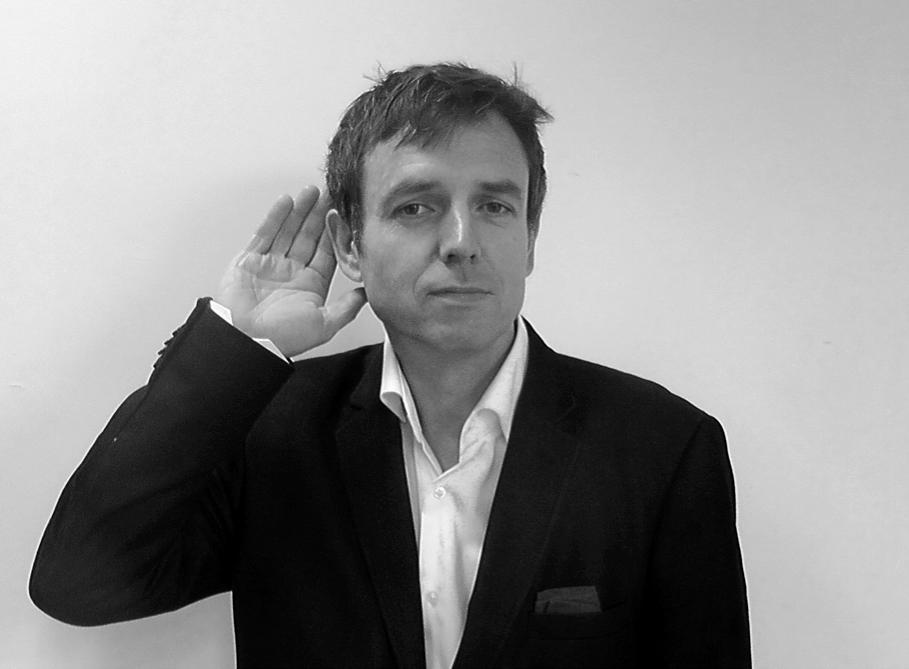

What does it take to be a good journalist?


Act something a journalist should avoid at all costs
Your expression when you’re mad at a student who doesn’t know what the five W are.

What’s your dress-code?
Notebook or laptop?
Your most interesting beat
What’s your current state of mind?
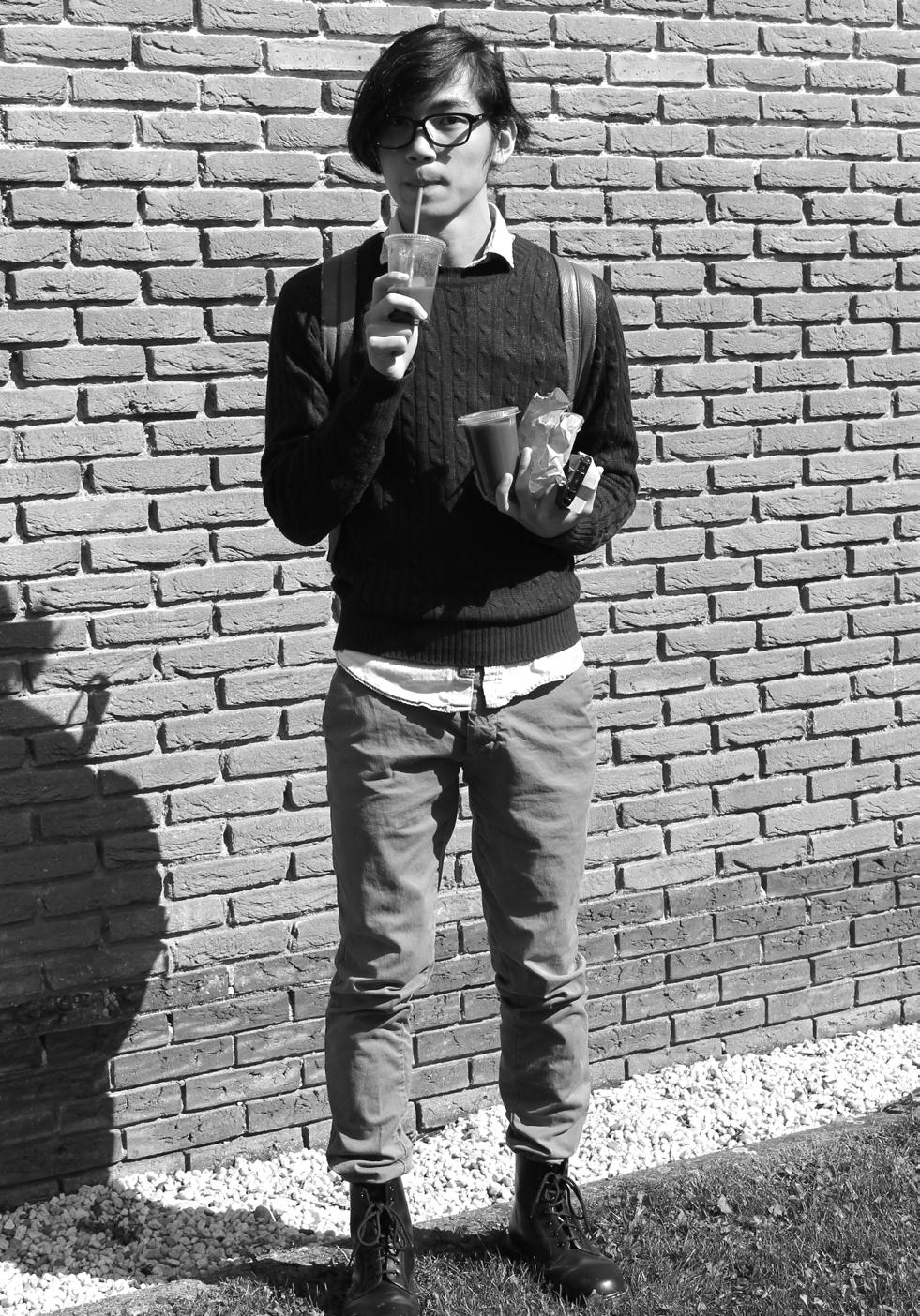

1.Effervescent
2.My coat and faux-fur are both from Utrecht’s very own adorable vintage store called Episode, and it’s nice for students because you get great products at a reasonable price. My shirt is from Forever 21 in NYC, I sort of stole it from the women’s department because I feel that gender restrictions are mostly for commercial purpose. I love the sheerness and the light material of it. My trousers are from Zara, also bought them in NYC. I love them because they are soft and the colour embodies the spirit of autumn. My necklace and shoes are from H&M. I like my necklace because it makes me feel edgy and regal at the same time. And my shoes are adorable, I love the colour Bordeaux and the little platform reminds me of the amazing and overpriced Prada shoes. My sunglasses are Ray Ban - I bought them several years ago in New York. What I like most about them is that they are bigger than the regular ones, bigger is always better!
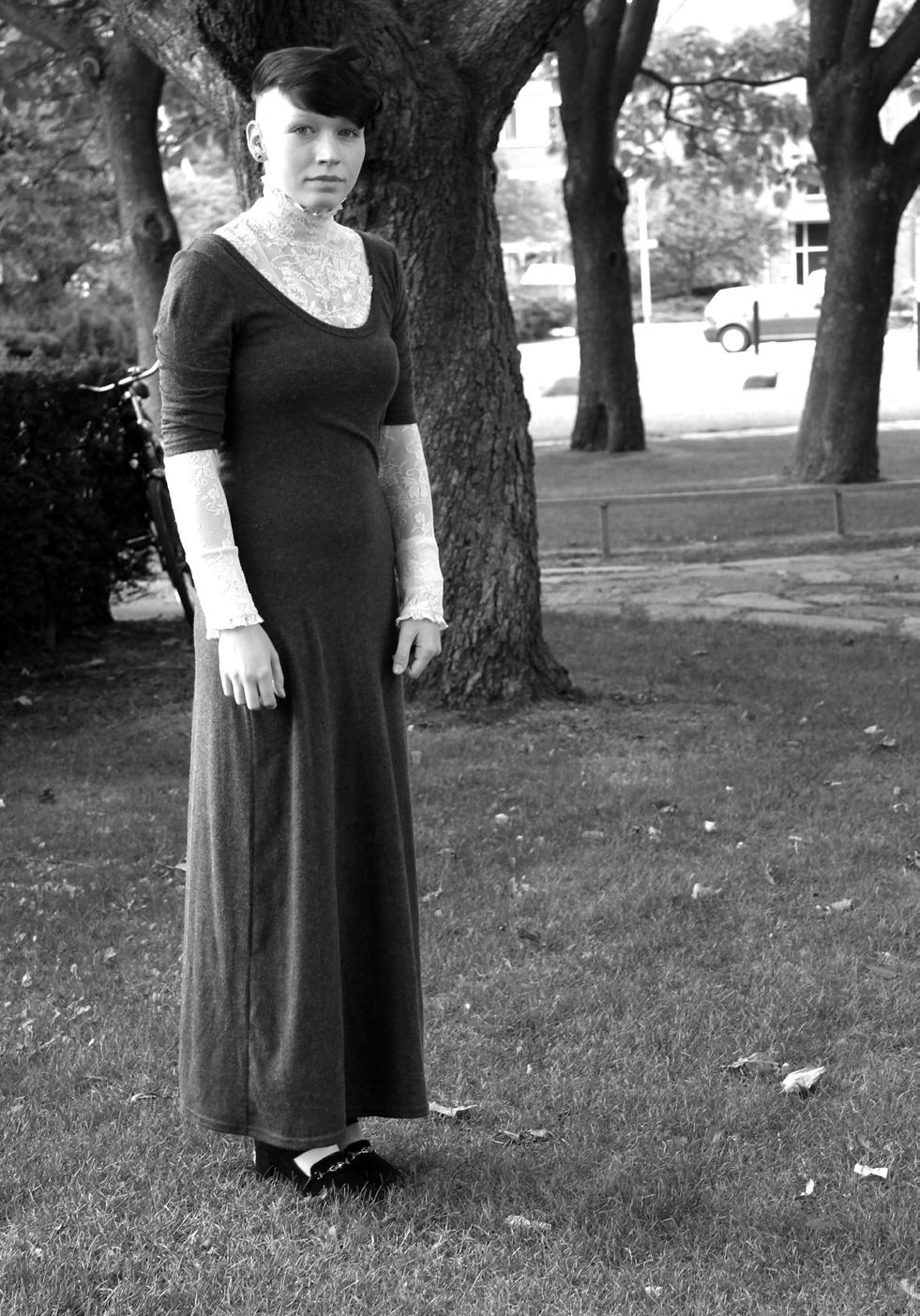

3.I don’t really admire someone clothes-wise, but I do admire boldness and courage. So that’s why I like Anna dello Russo and the blogger Brianboy.
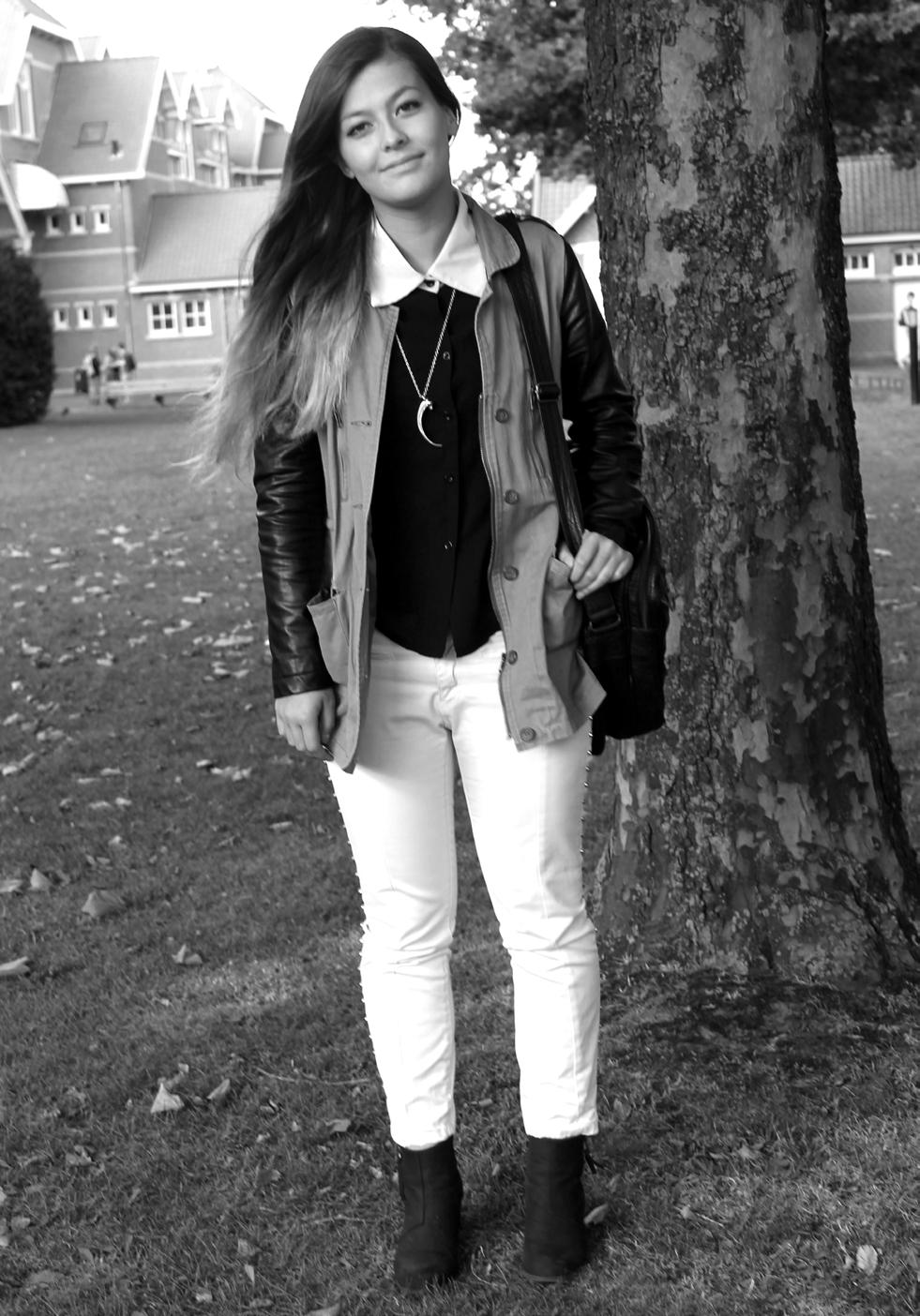
4.My tip would be: every day you live is worth celebrating, so go all out and dress up!
There is no better illustration of this quote than here at UCU. With the start of a new semester and the arrival of many new fresh faces, campus is filled up with individuals: individual minds, individual talents... but also individual senses of style. We thought it was important to not only highlight this individuality but to celebrate it …welcome to our celebration!
UCStyle has been created to ensure U C the Style around campus. Besides featuring our very own street style shots, ‘UC campus style shots’, the page will also include “How to...” style advice columns, interviews with industry insiders and “Top 5” tips. We hope you guys will enjoy this new addition to The Boomerang
and that it will provide you with an inspirational and creative distraction from your many assignments and tedious readings!
For this issue, we decided to ask some fellow students to describe style in one word and where they bought the outfit worn in the photo.
Additionally, we asked our style pick of the month, Sander - two additional questions: who his fashion icon is and his fashion tip.
Love, the UCStyle team.
1.I wear what I like and I like what I wear
“Style is a way of saying who you are without having to speak” - Rachel Zoe
friends. Now it may happen that students with a good financial situation ignore Dining Hall and eat at bar-café’s, cook nice meals for themselves or start dining-clubs; and students with moderate financial means will partially cook for themselves and eat one meal per day in Dining Hall, which could lead to some sort of social stratification”.
“The reforms may alter the dynamics of Dining Hall use, though it’s not yet clear how this will impact on the overall quality of social life on campus,” Baldwin said. “Fortunately, I don’t think students depend only on Dining Hall for their social life, and I remain optimistic that the changes will not overcome the sheer positive force of UCU’s communal spirit!”
“There are voices that consider that, given the fact that students may have to spend more time cooking on their own, they may have less time to spend on their studies, which goes against the initial purpose of Dining Hall,” van
Oort added.
One thing is for certain: there have been fewer students in Dining Hall in the last two weeks than ever before, mostly because the 750 euros each student receives per semester only cover one hot meal per day.
Additionally, students from “outside the bubble” will join meals in Dining Hall. Starting this year, the cafeterias in The James Boswell Institute and The School of Economics are closed down.
Student consultation

How did we come to what we have now? Were students consulted promptly?
“The Representatives from the UCSA, ASC and Dining Hall Advisory Group were structurally involved in the reforms, meeting with the UCU Management Team at regular intervals,” Baldwin said.
Boers Trillers stressed that input from the
whole student body was gathered through a campus-wide survey distributed last semester.
“Together with those responsible for the university-wide catering facilities, and with the Management Team, student representatives looked for a new model that would be both acceptable and affordable for students, and also bring the university’s financial risks back to a minimum whilst preserving the social benefits of communal eating,” Baldwin added.
Although the paying-per-item system was a student wish fulfilled, issues concerning price and the possibility of making Dining Hall optional were not fully considered.
The long queues at the cash register have been another major source of rage among students. An e-mail from the UCSA board ensured that “a 4th cash register will be added (to the 3 al-
Elena Butti
There are international students at UC who have to work to pay for their studies. Andi O’Rourke is one of them. Now Andi’s future at UCU is in danger, because she cannot work at Dining Hall anymore and finding a job elsewhere is almost impossible for her.
What’s Andi’s problem?
She’s ready, willing and able, but she misses one thing: she’s not a European Union citizen.
According to Dutch law (1955 Aliens Employment Act), non-EU citizens (including students) need a work permit in order to work in the Netherlands. Only an employer can apply for it, but he will first have to show that he has tried to fill the position with Dutch and EU candidates by any means possible.
Andi, citizen of the USA, used to work in Dining Hall last year. In September her permit expired and with the change from Eurest to Sodexo, nobody seemed to know how she could get a new one. “I waited, waited, waited, didn’t hear anything,” she says. “I had to go back and forth from Mark Baldwin to Kees Jan [van Spronsen], nobody had a clue.”
Andi is not the only student facing these problems. “It was probably both our fault and the administration’s failure to inform us that we had to renew our permits,” explains Daniel Vale, South-African, who has also lost his job,
“but in the end we found ourselves without a permit.”
Dining Hall Manager Kees Jan van Spronsen explains that the working permits are an objective, legal problem, of which students should take care themselves. “If the permit of a student elapses, he/she will have to reapply for it. The procedure takes 4-5 months. We need to handle these cases with particular care: if some formalities are wrong with the work permit, we will get a 30 000 euro fine.”
Why did it become so hard for non-EU students to get a permit?
According to Andi, these problems are also a result of the new company’s policy: “The time and bureaucracy of the work permit application process are just not worth it for Sodexo, I guess” says Andi.
Van Spronsen explains that the choice of whom to hire is purely a practical one: “In the end we resolved to hire students who can work as easily and quickly as possible, that is people from the EU. In principle, however, if you come from outside the EU but you have applied for the necessary documents on time, there is no problem.”
But, according to Dutch law, students cannot apply for work permits on their own. It is their employer who needs to do that.
It is important to keep in mind that jobs in DH are especially meant for international stu-
dents who need to pay for their studies. These students can apply for the jobs with Mark Baldwin and be put on a priority list. UCU is an international college, which should strive to grant the same opportunities to EU and non-EU students in need.
How could this situation have been avoided?
“We’ve largely been kept in the dark by the new administration, which is understandable because they’re in a moment of transition,” says Daniel.
“The decision on whether to hire non-EU students was made too late, in August,” says Andi. “If they had decided earlier, maybe I could have got my permit by now. The feeling I have is that nobody knew, so it’s nobody’s fault.”
Why haven’t the consequences of this situation been investigated in advance, and the students notified promptly?
Have you tried to look for other jobs?”
“I’ve tried everything,” says Andi. College Hall was not able to get a permit for her to work at the reception desk or at the book sales. “It’s stressful to always have to think about money while also studying. Looking for a job is a full-time job.”
Bulgarian Matéy Nikolov also had trou-
ready in use)” to trim down the long waiting lines.
Except for the waiting and high prices for certain items, not all students are discontented with the change. “Positive feedback has also been received, particularly on the apparent reduction in food wastage and the idea that students can monitor their own spending and food consumption,” Baldwin said. Food waste has been reduced for 75-80%, according to van Spronsen.
After the protest dust has settled down, students seem to be getting used to the new system, with minor complaints here and there. “Change is sometimes challenging to handle, but it’s also inevitable for all of us,” says Baldwin. “It’s absolutely right that UCU students feel strongly about their campus and voice their concerns – this can be a very powerful thing, though the context for change is also very important to understand”.
bles. Although formally in the EU, Bulgaria and Romania have a ‘special status’ by which its nationals are also required a permit to work in the EU. Matéy has been on the waiting list for DH for nine months, and still hasn’t been employed.
He agrees that finding a job elsewhere is a nightmare. “Everytime I apply somewehere, they just ingore my application when they hear I’m Bulgarian. I really think they should change the procedure and first employ students who have a really hard time finding a job outside.”
What is UCU administration doing now to face this problem?
The Managing Director will discuss the issue with Sodexo on 20th September. This is the only information which has been disclosed by College Hall so far.
When asked whether they think they’ll be able to get their job back Andi is skeptical, but Daniel sounds more positive: “my approach is to talk to them diplomatically. If we get along well, maybe they’ll be able to help me.”
In the meantime, however, Andi, Matéy, Daniel and any other non-EU students are not able to work. And for some of them working may be vital: “For me, this is the difference between being able to stay in Holland long term and having to go back home,” says Andi.
Let’s bring up one of those news items that are very important but everybody is likely to overlook, such as a teabag costing fifty cents. The topic in question involves one of the most politically belligerent countries in the world for the past decade – Canada. The nation of Maple Syrup has officially cut its diplomatic ties with Iran, condemning the latter of both irrational and dangerous behavior.
As a matter of fact, John Baird, the Canadian foreign affairs minister (I know, I was surprised they had one as well) publicly referred to the Islamic Republic as “the most significant threat to global peace and security in the world today”. That is the news, but what’s the biggie here? Looking critically at Canada’s potential, evacuating the diplomatic body from Tehran will mean mobilizing one or at most two chaps.
True. However, if we just concentrate on states as actors, it’s evident that Canada has joined the US and the UK in a trend of dras-
Aclassic remark made around election times like these is that politicians “never keep their word”. Sometimes, election promises are simply implausible.
Take Australian Prime Minister Bob Hawke’s statement made in 1987: “by 1990 no Australian child will be living in poverty”. But more probable promises are bound to be broken too. Coalition governments blend their stances into agreements that involve some promise-breaking for every party involved. Even when big majoritarian parties rule the floor – as in the US or, until recently, the UK –politicians have to compromise. In the heat of the campaign, they promise an impossible combination of tax cuts and increased spending. Such plans inevitably end up in the dustbin as soon as citizens have cast their vote. Once in power, ruling parties have to make choices – and the opposition is most happy

tically severing diplomatic ties with Iran and publicly criticizing its policy. Global maneuvering is always worth noting. The key dilemma is between the two approaches that the problem of a potential Iranian bomb poses, both of them right (ever wondered why the Social Sciences department is the most popular one?). A defensive approach suggests that Iran getting the bomb would grant the Islamic Republic tangible security against both a neighboring nuclear threat (Israel) and constant negative pressure and animosity from the West (UN sanctions). In short, this side of the picture would translate into a more stable political situation in the Middle East by getting a nuclear bomb.
The opposite scenario is also possible. The open anti-Semitic traits that make Iran’s Facebook status “infamous” translate into motive for a hypothetical confrontation with Israel. Nonetheless, motive itself is useless if not combined with capacity, and this is when a nuclear bomb comes into play. Nuclear weaponry would make the difference between ani-
to point this out. This periodic theatre-piece leaves the disillusioned electorate with anything but trust in their government.
More than ever, the recent Dutch election campaign revolved around fact and fiction. It is due to a uniquely Dutch phenomenon that deserves a place among the clogs, windmills and stroopwafels: the election program calculation. Before every Dutch parliamentary election, an estimation of all party programs’ impact on the economy and the environment is presented by an independent government agency with a name reminiscent of the heydays of the Soviet Union – the ‘Central Planning Office’ (CPB). An agency that could hardly sound less sexy – but interestingly enough, politicians, media, and voters listen to its verdicts. No other country has such an influential referee in the campaign arena.
So during the previous elections, the Liberal Party (VVD) scored an A for deficit reduction, the Socialist Party (SP) turned out
mosity and warfare.
Thus, Canada’s bandwagoning, even if only of a symbolic meaning, seems to be quite important. It is now when all kinds of theories arise, such as a hypothetical dyad of power in
to be the champion of short-term purchasing power, and two-thirds of the traffic jams would have disappeared by 2020 if the Green Party (GroenLinks) had won the elections. 456 pages of tables and graphs seem to leave no doubt - the CPB’s judgment is rock-solid. Any politician who dares to be overly optimistic is instantaneously attacked by their opponents pointing to the almighty CPB. Are we witnessing the end of fact-free politics in the Netherlands?
Of course the verdicts are not necessarily stable. Some critics argue they are soft as butter. Predicting next semester’s level of economic growth has proven to be as difficult as forecasting next week’s Dutch weather – how can any agency tell how unemployment, demand for health care, or train usage will develop by 2040? The margins of error of these predictions are large, and although the CPB is the first to admit this, media and politicians take it for hard evidence that the Democratic
which the world would split into West vs. Middle East – basically, the equivalent of a modern Cold War, but just a bit warmer.
Let’s just hope Ayatollahs know how to play Risk.
Party (D66) “causes” 0.25 percentage point more unemployment by 2040 compared to the Labour Party. Is this what campaigning should be about? Instead of competing grand visions on the country’s future, election debates risk becoming a technical exercise of pointing at a book based on vague predictions.
Yet, most commentators agree that such an ultimate fact check is beneficial for the debate. Although the model might be inaccurate at times, the election program calculations at least allow for some comparison. Parties are forced to stay within reasonable limits. Promising more spending and fewer taxes is no longer an option; neither is promising the abolition of child poverty within three years. Perhaps other countries might benefit from introducing such a referee to guide their own campaigns as well. However, it will require quite some courage from politicians to voluntarily put fact and fiction to such scrutiny.
Proposition: UCU has a cliqued social environment and it is difficult to make friends after intro week CON PRO
Apart from the academic side, UCU is socially highly demanding as well. Who hasn’t gone to lunch late, missed all of his or her friends and had to suffer through sitting alone on the far right/left tables or pluck up the courage to awkwardly join someone they barely know? At UCU you cannot be alone, you cannot be labeled as friendless, and you cannot afford to miss too many social events. This place is designed to trap us in all its hyperactivity! People seal themselves off in tightknit groups with others they can trust will always show at the parties or at lunch at exactly 12:45. It is hard to break into these groups without having a particularly prominent personality (and let’s face it, for some, particularly prominent appearance as well).
So why is this? Why does it become difficult to make friends after introweek? Largely it’s due to the very
structure of introweek itself. This longawaited event works on the assumption that putting kids together in a big room with alcohol, cards and treasure hunts is the best way to get them to bond. It is an intense experience that assumes you are an incredibly social person already (or act as such by all means). You learn that the social norm is to party hard and not eat meals alone in DH. Hence, you’re sort of forced to create a clinging relationship with a few, while you are too fresh and awkward to make friends otherwise.
Competitive class discussions, daily committee events, weekly projects to set up… You have no escape. You need to run around to get to all your events on time, have time to eat, party and maybe read some of the over-hundred pages for tomorrow. From day one at UCU your schedule is so tight that you only have time to watch a movie with your best friend at 2 am, too tired to even bother about bonding beyond anymore.
UCU’s social life offers limitless opportunities for anyone to jump head down and take the max out of living on a small campus surrounded by intelligent and fun-loving dudes.
You can always join a committee. Or two. Or three. How can we befriend people better than by working together with someone who shares our interests? Not the devoted, hyper-active, committee-type of person? There are plenty of events served to you on a plate to go to and meet new faces. From casual ArtsCo activities, to Unity Week and TripCo hitchhike, all are great ways to bond with others. You definitely don’t look at people the same way after posing together naked, barely having any recollection of the event (Bartender’s Weekend).
Every year new unitmates come on stage as potential new friends. If you invest a bit more than an awkward “hi-oh-I’m-so-busy-bye” in the hallway, these people can magically turn into best buddies.
Are you the academic, I-came-here-to-study type? Then classes are your battlefield, geeky warrior! Use those breaks to discuss topics with intelligent classmates you respect. You may realize that these frat
boys are not as superficial as they seemed.
Before complaining how people are so closed off in cliques – ask yourself first: how open are you? When was the last time you did not seat on a table in DH with your own little group? Sticking to familiar people to feel comfortable in your skin and look cool? Well here’s a crazy idea for you: Others may be thinking that YOU are cliqued too.
Why not make the first step and let someone in: invite a classmate for tea in your unit; offer to cook dinner together on Saturday. Chances are that they’ll take you for a social retard in a dire need of friends. Possible, but not likely. They may as well think it’s a great idea, you end up having a good time and voila: you might’ve just started a friendship for lifetime.
Social life in the bubble is not restrictive. It’s all about the attitude! Certainly, you can safely remain in your cozy comfort zone of a handful of friends you’ve known since introweek (or high school, perhaps?), keep nagging how others are superficial, arrogant and immature (unlike you, alas!) and let your senior yearbook page feature three pictures of yourself.
Or alternatively, you can venture in with an open mind, challenge yourself socially and agree with Twain that twenty years from now you’ll regret more the things you didn’t do than those you did do.
“Life as an exchange student is fast-paced,” is the first thing we would tell people about our life in Singapore. We’ve been here for over a month now, which means 25% of our time has already passed – sounds impossible to us.
planned travelling to Thailand over fall break, and got Open Water diving certification this weekend.
While sharing our adventures with people at home, we realize how busy we’ve been. As blond girls with fair skin, it is fairly easy to spot us in an average Asian crowd. Perhaps not so convenient when you want to skip a lecture to go travelling, but really great for meeting new people. “Are you on exchange?” is a common question and leads to people clustering around us in classes, sitting together in the canteens and going out to party or travel.
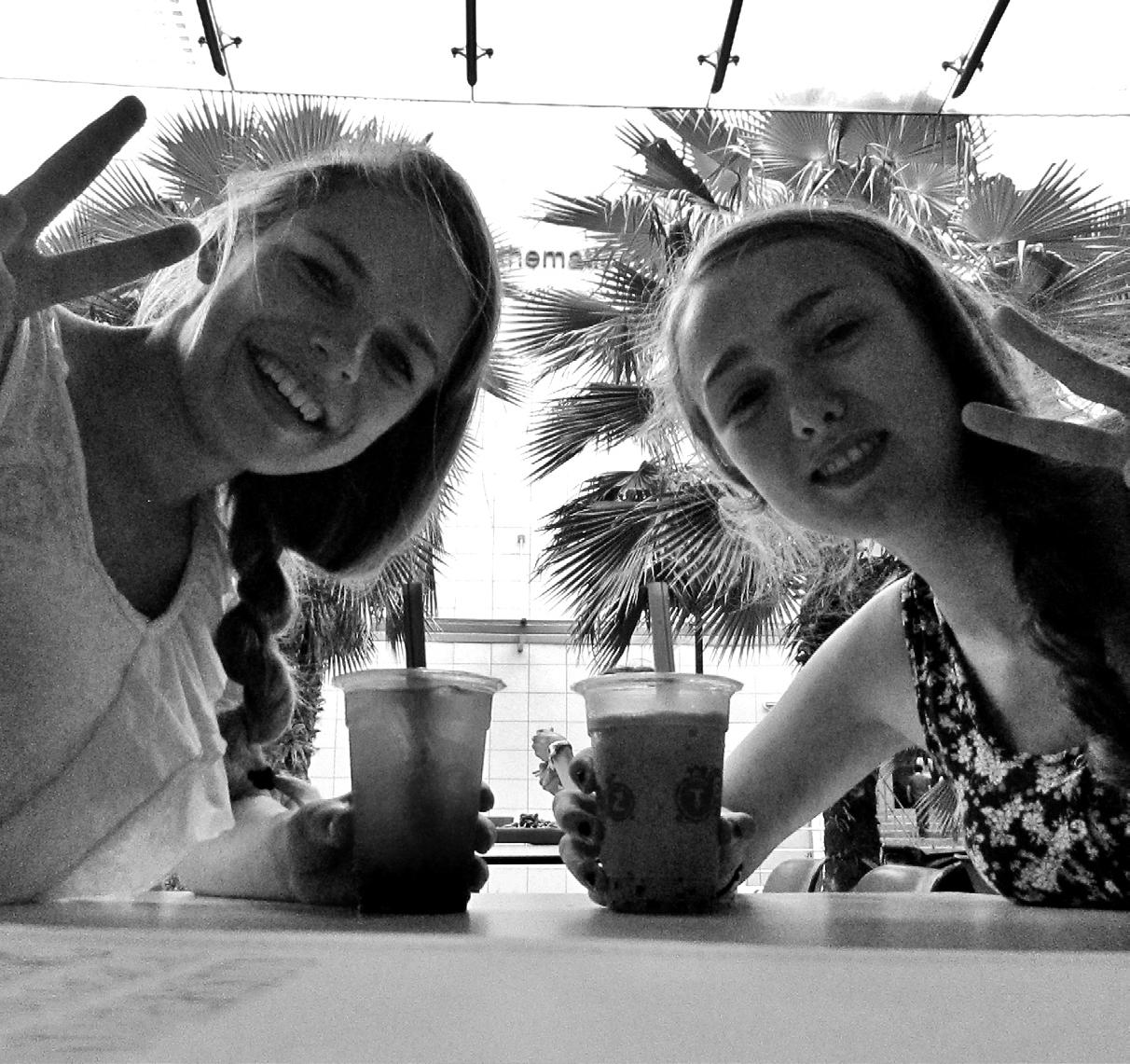
Everything is so comfortably fast-paced, partially because everyone is here to have the best time possible and experience Singapore and the surrounding Asian countries to the fullest. There is practically no effort involved in thinking of something to keep you busy over the weekend; be it planning a trip to Malaysia or visiting Chinatown, there’s bound to be someoneelsewhowantstocomealong.Thisishowweended up going to Kuala Lumpur and Indonesia for the weekend,
It’s not only travelling though. Apart from studying –since we have to keep up with the all-nighters-in-the-librarySingaporeans – we’ve seen a great deal of Singapore so far. And it’s a big, beautiful place. The thing that amazes us the most is how organized and clean Singapore is. Every building and every tree is numbered and signs like ‘hump ahead’ are common on the streets. Owning a car is really expensive, so there is way less traffic than in Indonesia, for example. Although we find it a bit overdone sometimes, it makes the city a really comfortable place to come back to after travelling, and to live in. Although we’ll be home before we know it, the Singaporean experience is thus one not to miss!
Favorite drink: milk/bubble tea


Favorite food: noodles
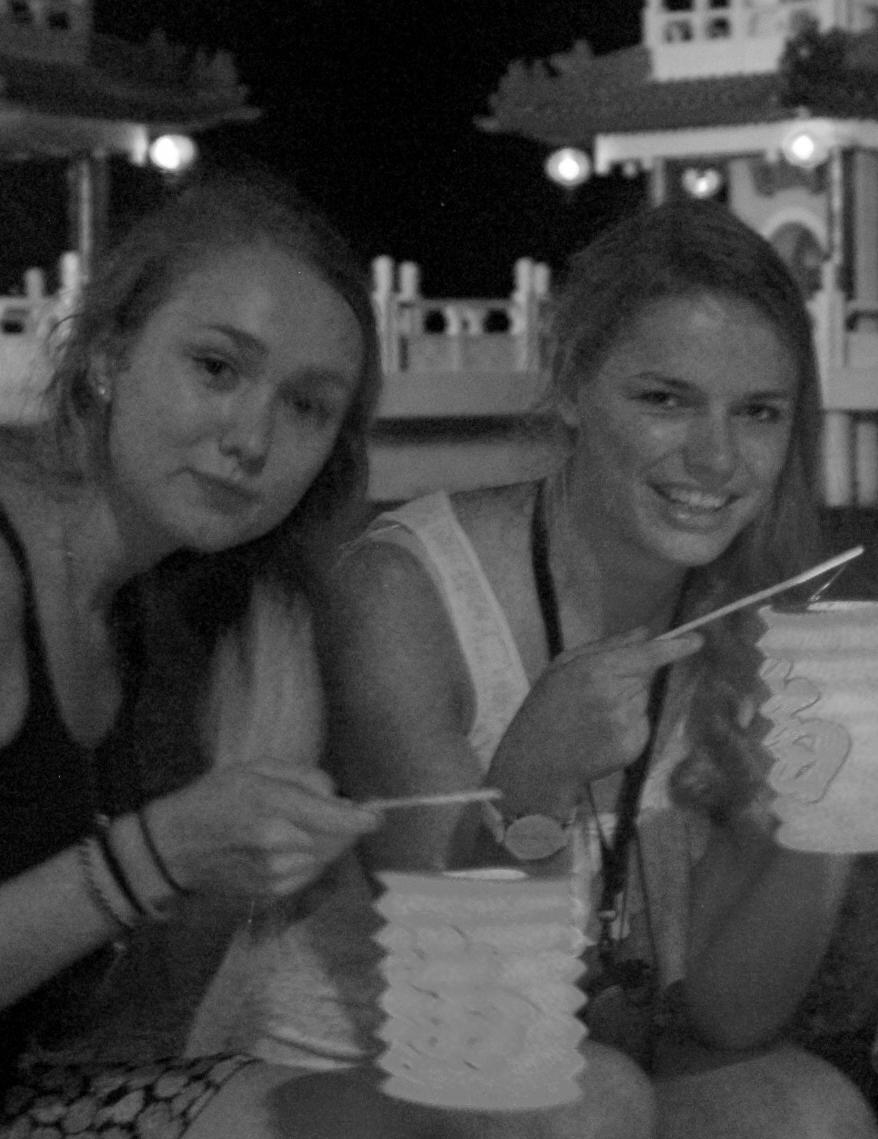
Favorite activity: travelling
Home university: University College Utrecht
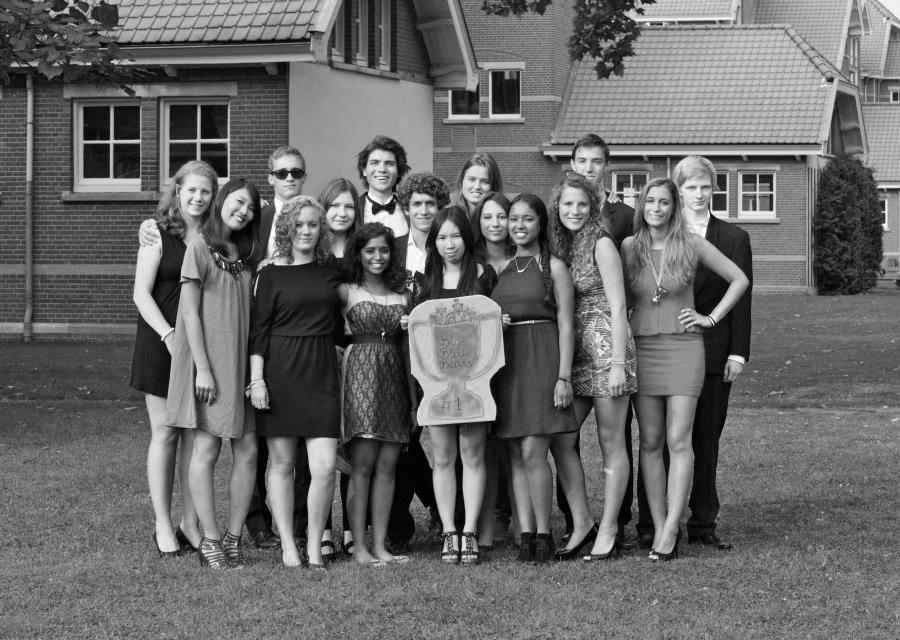
Host university:NanyangTechnological University
Madhumitha Ardhanari
Home university: National University Singapore

Host university: University College Utrecht
I came to the Netherlands on the 15th of August, dragging my suitcase alongside the canals of Amsterdam to explore the city before getting to UCU. It was a surreal experience, I had just got my visa six hours before – landing in the Netherlands felt all too sudden. Mentally chiding myself for feeling unprepared, all I could do was to hoping for the best. I started asking myself why I was on exchange in the first place. I had never studied in any place other than my own country and I had never been to Europe before. But being outside my comfort zone I felt I could learn more and evolve as a person.
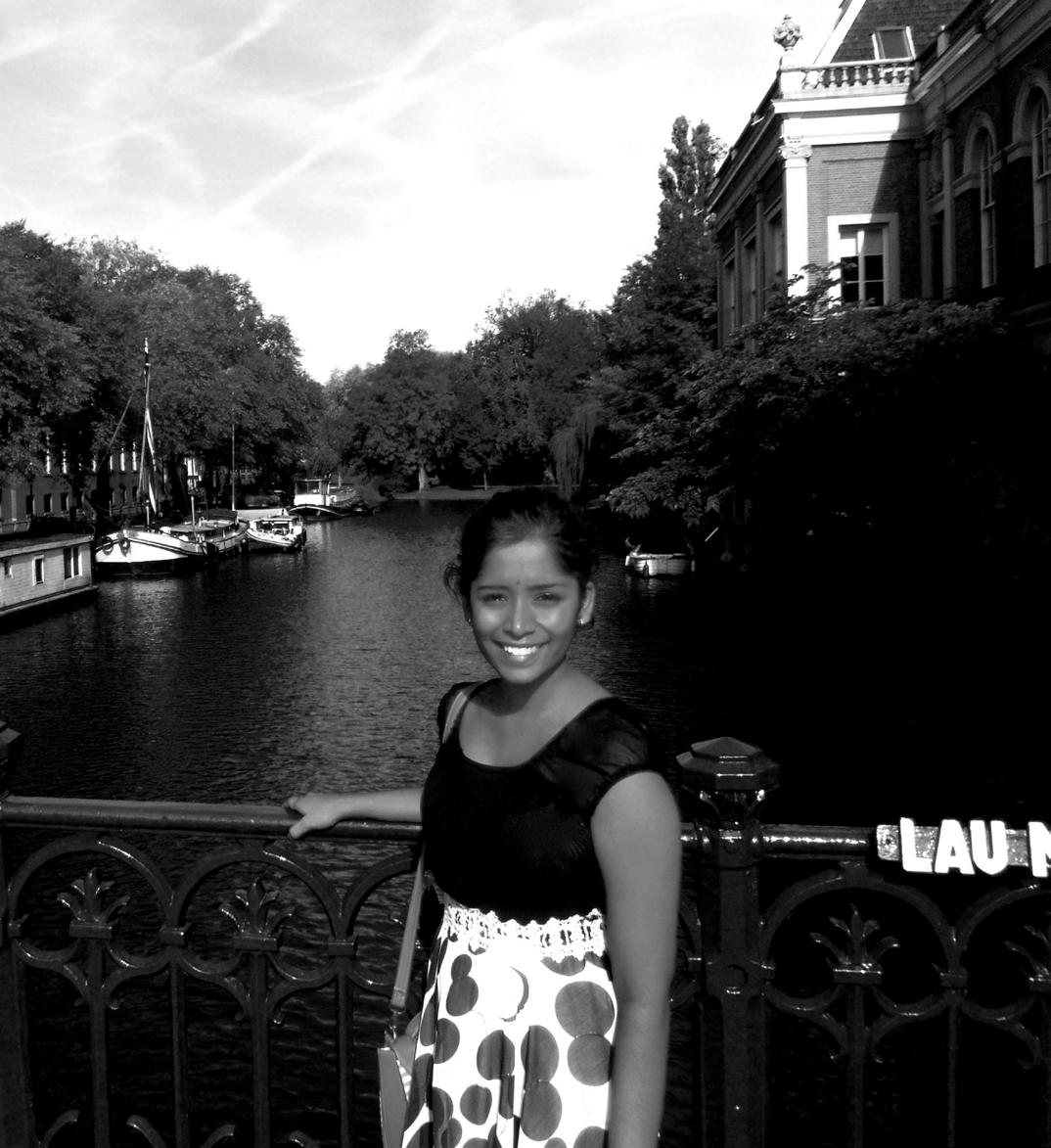
It has not always been easy - I have lost count of the number of times I have fallen off a bicycle or almost got hit by one. Every time I go to the Albert Heijn, I make a mental note of the all the Dutch words I have to ‘Google Translate’ so that I will know what is it exactly that I am buying. The hardest thing is being away from home. My nephew was three months old when I came here and he will be almost eight months when I get back - I do not know if he will recognise me despite all our online conversations. I can go on and on but in the end it has all been worth it.
But along with the challenges there are also lots of adventures. I can now cycle for at least ten seconds with one hand (…it’s a start). I have now learnt more Dutch than I would have ever expected. Most importantly, I can now see that, with distance, comes perspective. Being out of home is giving me the chance to reflect on who I am and how I want to shape my future. I realise that I love being in Holland, a country that is so much bigger than my own, and has much more space. I get excited by the vast green fields of agriculture that I pass by every time I take a train, something you rarely see in Singapore. I love the charming Leiden and Nijmegen, that I can explore in the weekends. And I love UCU’s strong sense of community which makes me miss my own friends and teachers a little less. Coming here has made me grateful for every little thing in my life and for all the wonderful people and places I have encountered. The uncertainty and anxiety I had when I got here has vanished and I know that this adventure will not end when I return to Singapore, but will continue long after I have returned back home.
Eun A Jo
“Society, you’re a crazy breed”… I sometimes wonder if Eddie Vedder truly grasped the implications of his symbolic song, “Society.” To be precise, I wonder if I ever comprehended the depth of such a message, despite endlessly repeating it on my iTunes.
What does it mean to be crazy, anyway?
According to the American Psychiatric Association’s Diagnostic and Statistical Manual of Mental Disorders (DSM), I would have no problem fitting into a community of manic depressives and psychopaths. Am I crazy? Or is our society crazy?
It’s no wonder, then, that the absurdity of this 886-page long list with 374 categorized mental disorders is increasingly brought to question. Where is the line of demarcation between sanity and insanity?
Jon Ronson, author of The Psychopath Test, shares his unsettling experience with those labeled “insane” in his recent TED talk, “Strange Answers to the Psychopath Test.” Ronson begins with the story of Tony, a man that had faked madness in order to evade a prison sentence. But Tony was too good. He ended up in Broadmoor Asylum for the Criminally Insane, eventually serving 12 years under the label of a “psychopath” for a criminal offense that would have otherwise resulted in 5 years of imprisonment.
Testifying that he had sexual pleasure from crashing cars into walls – inspired from the
movie Crash – was enough to convince the judges that this man was insane. But once he was recognized so, there was no easy way out.
“Did you know the U.S. army is training bumblebees to sniff explosives?” Tony once shared with a nurse, after having read about it in New Scientists. A scribble read on his medical notes the next day: “…believes bees can sniff explosives.”
This is only one of the stories that Ronson illustrates in his visually striking and rhetorically powerful talk. During his journey of exploring “psychopathy,” he encounters Brian the Scientologist, Tony the Crazy, “Chainsaw Al” Dunlap, and many more – through which he contemplates the true meaning of lunacy and its physical manifestations such as the DSM.
“I realized that becoming a (certified) “psychopath spotter” had turned me a little bit psychopathic,” Ronson shares. This, toppled with his journalistic spirit, has with time blinded him from objective investigation – he was unconsciously nitpicking extreme attributes to forcibly stitch together a caricature of a maniac, while disregarding those of normalcy as extraneous information.
Overall, the morale of the story is that everyone is crazy to a certain degree. We’re all “semi” psychopaths. But deciding who gets to be locked away, and who gets to lead a “normal” life has become almost arbitrary. “The world doesn’t like grey areas,” says Ronson with worried eyes, “yet that’s where you find
a recipe by Beorn
INGREDIENTS
(serves 5-7 people)
Nijenhuis and Guido Danen•2 packs pasta leaves (better if semi- fresh)
•olive oil
Tomato sauce:
•3 kg tomatoes (tros)
•fresh oregano
•either 1 clove garlic
•hot red pepper
•brown sugar
•salt and pepper
Lasagna filling:
•2 zucchini
•2 eggplant
•2 boxes of mushrooms (or any other vegetables)
•mozzarella
•fresh basil
•1 box of béchamel sauce
WHAT YOU NEED
•an oven
•a pot
•a large glass pan
•a blender or a mixer
•a sharp knife
the complexity, the humanity, the truth.”
It’s almost philosophical, what he is suggesting. It makes you think about your standards of normalcy, and how much you appreciate, contempt, or discard the abnormality around you. In these respects, I highly recommend you to watch the talk.
But – and there are always buts – keep in mind that the talk is also peppered with simplifications yet to be justified, as well as gross distortions of psychological diagnostic procedures. You come across it several times in the talk, but the so-called “checklists” are not the conclusive resources from which the professional psychologists derive their diagnosis. That would be extremely short-sighted and unprofessional.
Ronson portrays the DSM as a Bible of psychiatry, though in reality, it is merely a subsidiary means to support professional evaluation of a patient. In fact, one could argue his depiction of psychologists is almost defamatory. He would not have drawn such a misinformed and superficial portrayal of psychologists, had he gathered more information via professionals who could contradict his misconception.
Now, spot the irony. A misguided judgment about those we label “insane” apparently applies the other way around as well – a blind rejection of psychology as pseudo-science. So before you “bravo” the talk, I say: be cautious, be informed. And truth be told, society is a crazy breed.
Panicking because DH is closed on Saturday night? Lacking ideas for a delightful romantic dinner with your date, for a chill evening with your unit mates or for a gathering with friends? night dinner? This column will provide you every month with a fresh, original, delicious, exotic, very UCU-style recipe by one of our very own campus chefs! Smakelijk!
1. Make the sauce!
Blend the tomatoes, heat them, put them in a pot and use the mixer to smash them in semi liquid and watery tomato sauce. Magic tip: take 3-4 cloves of garlic, put them in olive oil, add oregano, salt and red pepper and melt everything with a mixer or a blender to get a thick sauce. Cook the tomato sauce at a high temperature and boil it for 40-50 minutes. While the tomato sauce reduces, add the garlic sauce. Also slowly and continuously add three magic ingredients: salt, brown sugar, and olive oil. Make sure the salt and the brown sugar balance each other by constantly tasting the sauce. Keep on reducing the sauce until it’s thick enough.
2. Fill the lasagna!
Oil the bottom of the glass pan and lay a first layer of pasta leaves down. Spread a first layer of tomato sauce that’s finished and then add sliced thin zucchini. Continue with a second layer of pasta, a second layer of tomato sauce and a layer of thin slice eggplants, then do the same with mozzarella, mushrooms or any other vegetables. Magic tip: slice the vegetables very thin (2.3-3 mm)so that they cook together with the pasta. The fresher the pasta, the thinner the vegetables should be.
You can also add fresh basil to the layers. The top layer must be of vegetables. Top the lasagna with a layer of béchamel. Do not cover the béchamel with another layer of pasta.
3. Cook it!
Heat the oven to 200-220 C° and cook the lasagna for 30-40 minutes. Magic tip: cook until the béchamel gets dry and golden brown.
Make sure that when you section the lasagna to use a sharp knife and that you cut quickly so that it stays in shape.
Difficulty: medium Time: 2.5 hours Type: main dish Ideal season: any season
An adjective to describe it: ‘aromatic’ Occasion: a large group of hungry friends
Nationality: Italian exported to Dutch-Canadian environment
Recommended wine: Bush Creek Shiraz-Cabernet Ideal state of mind: ‘hungry!’
Sofia
BanzhoffIt took a long time, but Dining Hall finally made me cave. You see, I’m a vegetarian. Or I used to be, I should say. And the latter is all Dining Hall’s fault.
I became a vegetarian after reading Jonathan Safran Foer’s Eating Animals. It wasn’t that I didn’t like meat; I thought chicken was pretty tasty. Nor was it because of my undying love for animals – they’re super cute and all, but that just wasn’t the main reason I decided to stop eating them. Even if saying this makes me feel like a terrible person, I don’t want to add to it by lying. It was more of an amalgam of reasons that included: the environmental impact of the meat industry, the living and slaughtering conditions of animals, as well as realizing that my body runs better on less meat. I was happy not eating meat; I didn’t crave it at all, since in my world meat was simply not an option anymore.
But then I got to experience the joys and sorrows of Dining Hall. At first, I thought it was fine. I dubbed the vitali’s tofu stripes “vegetarian worms”, and only ate the sauce. If there were any, I took beans instead of tofu, and I used to live for the days they served quiche. However, it was the repetition that got me. At some point, it seemed as though the evil mastermind behind the menu equated vegetarians with people who love, love, love deep-fried tofu.
But that is precisely the problem with a system that works on a meat-starch-sorry-excuse-for-a-vegetable-basis: meat has to be replaced so the system accommodates vegetarians. You can’t just make sure you add enough beans and spinach to your meals; you need something meat-like to make the system fair: everyone pays the same, so everyone should get the same. Vegetable-based main dishes just don’t fit the bill.
And let’s face it, using Dining Hall vegetables as a basis for survival would be like going to the bar for a single beer.
Even though it would be easy for me to hop on the let’s-criticize-Dining-Hall bandwagon, I can’t blame them for everything. The main reason I went back to eating meat was a shift in nutritional priorities: my focus had changed from not eating meat to trying to avoid processed food. Rules like “Only eat things your great-grandmother would recognize as food” kind of make the whole idea of meat substitutes fall out of favor. So I decided to eat chicken instead of tofu - hoping my great-grandmother would approve - which definitely improved the Dining Hall experience. Meat-eaters may find this hard to believe, but try eating a deep-fried soy product every day - you’ll badly want your dry chicken after that.
But most other vegetarians I’ve talked to don’t share my views. They think Dining Hall replaces meat adequately, and none of them considered quitting. So maybe I’m just a wimp, perhaps I’m not indoctrinated enough, but I just couldn’t take it any more. At least I haven’t found small invertebrates in my salad, still-raw chicken or still frozen veggie burgers. Or should I say…not yet?
showing at the Louis Hartlooper Complex, Utrecht.
Take This Walz is a Canadian romantic comedy-drama directed by Sarah Polley that centers around a love triangle involving restless and endearing Margot (Michelle Williams), slightly chubby and lovable Lou (Seth Rogen) and handsome and brooding Daniel (Luke Kirby).
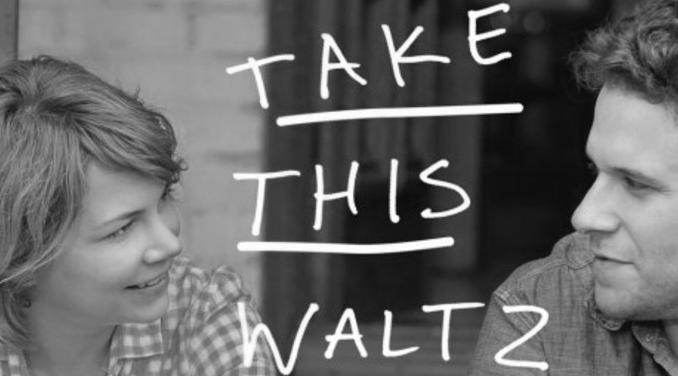
Doyou suffer from campus fever and campustrophobia? Is your social network no longer an excuse for procrastination? Travel Joe to the rescue!
Here are some of the hidden gems of Utrecht: Hop on your bike or take bus 4 to Janskerkhof and let the journey begin! Students are a hungry and sugar-craving lot, so our first stop will be De Bakkerswinkel at the end of an alley behind Janskerkhof. Next to a small canal, it looks like your average Dutch bakery. But if you go to the back of the shop, you will find a stairwell leading into the cellar. In the summertime, you can cool down in there from the heat – or rather find shelter from the rain; in winter, you can order a superb cup of hot chocolate to warm yourself and, again, escape the rain.
The cellar is the embodiment of gezelligheid. The raw brick walls and arched ceiling give the place a cave-like feel. If you are lucky and smart enough to pop in on a weekdayyou might snatch the seat by the canal. The house cat will keep you company while you order scones or tarts. All waiters we encountered spoke English fluently and are happy to
Januschka Veldstra
Appelpop is the biggest free music festival in the Netherlands. Every September, it promises two days of great music – both familiar and new – and a fun atmosphere. Here is a roundup of this year’s music that is worth checking out.
Racoon
All Dutchies will probably recognise this name, but to everyone else it is no more than a typo. They have been making lovely pop-rock for 15 years now and are still going strong, having just released a new album and their show at Appelpop was great. Check out: Love You More, No Mercy, and Freedom.
Blaudzun

My personal favourite, Blaudzun (a.k.a. Johannes Sigmond) is a Dutch singer-songwriter who makes wonderfully folksy music. Check out his performance at Lowlands this year, So-
recommend a dish from the large menu. Try their speciality, a carrot cake. Although the prices are reasonable with regard to the quality provided, the place is still a tad pricy for a student’s wallet.
Before going into sugar shock, we quickly need to use up all that extra energy. Leave the bakery in direction of the Oudegracht. Pay no attention to any sights you might encounter and head straight to the second-hand shop area of Utrecht. I neither have the time nor the space to recommend any specific shops to you – see the UcStyle section for more of those details. You’ll have to explore this part of town on your own, you lazy bums.
Seriously, though, visit the second-hand shops. If the items themselves are not bizarre enough, the people definitely will be. Even if you don’t find anything worth buying in these quirky wonderlands, browsing itself is pure entertainment.
Once you returned from town, drop in the food store Olijfje right in front of the bus station. They sell great antipasti and a big loaf of flatbread is only 1€. It’s the cheap gusto alternative to the Albert Heijn – a welcome ally in
these dark times of campus food crisis. Are you still eager to visit new places? Then go to the Uithof and head north; there you will find the Botanic Garden. Trust me, this place will rid you of any eagerness for good. Unless you are into plants (and not cool ones that eat flies or are highly poisonous or have tentacles like the ones in Harry Potter). Compared to other botanic gardens, it is a really nice one. But then again, botanic gardens are not known for their thrill. Come to think of it, what are they known for anyways? Well, at least you can study there without getting disturbed – or distracted, for that matter.
“Travelling is all about food. And secondhand shops. But mainly about food. “
Bus Line 4 departs from Jan van Scorelstraat, weekdays: every 10min, weekends: every 15min.
lar in particular. There are still tickets available for his show on December 14th at Tivoli.
Chef’Special
If Chef´Special had to be described in only one word, it would be “funky”. They mix hiphop, rock, pop, and some reggae into a catchy blend that creates a great on-stage vibe. Check out: Birds and Biggest Monkey.
Selah Sue
This tiny Belgian singer-songwriter combines folk, jazz, reggae, and more into a mix that will have you bopping along in no time. Check out: This World and her cover of Mercy (together with another Belgian band worthy of your precious time: Triggerfinger).
Karma to Burn
If instrumental stoner rock does not immediately get you excited, try Karma to Burn
–their laid back sound is great for a sunny afternoon of chilling on the quad. Check out: any of their songs, really.
Bombay Show Pig
This Dutch hipster duo makes some nice indie rock tunes that sound surprisingly wellrounded, considering there are only two of them. Check out: Sancho Panza.
And of course, make sure to be there next year to experience it all yourself!
Margot and Lou have been married for 5 years, and have a slightly eccentric relationship involving baby voices, play-wrestling, and unusually violent ways of declaring their love for each other, such as “I love you so much I want to put your spleen through a meat grinder.” The tranquillity of this slightly unconventional relationship is disturbed by the arrival of Daniel whom Margot meets on a writing assignment in Nova Scotia. As luck would have it, Daniel does not only end up sitting next to Margot on the plane, but during their flirtatious taxi ride home Margot also learns that Daniel is her new neighbour. With the two of them so obviously and mutually attracted to each other, trouble lies ahead.
Named after a Leonard Cohen song of the same name, many themes that prominently feature in Cohen’s work, including love, longing, and desire. The film explores whether new things are truly ‘better’, since no matter how attractive the prospects seem at the beginning, new things get old as well. To what extent do we truly want something, and when do we simply want a distraction? Take This Waltz attempts to answer these questions in a refreshingly honest way, without overly simplifying a complex dilemma to which there does not seem to be a straightforward solution. The film’s moving plot and sharp script is complemented by a great performance by Michelle Williams, as well as a dynamic soundtrack and a wonderful supporting cast. All in all, although it seems Take This Waltz may be a love it or hate it film, it cannot be denied that it is a breath of fresh air in the often boring and predictable romantic comedydrama genre.
Take This Waltz is currently
The 22nd edition of Appelpop will take place on the 13th and 14th of September, 2013.
Sweeping Dutch dramas that will make the nationalist in you cry from happiness, low-budget indie flicks to watch with your hipster friends, fascinating documentaries and even an old fashioned Drive-In for your date… Yes, the Dutch Film Festival has arrived.
Film junkies, rejoice! Utrecht is once again getting ready to welcome film-makers and film-lovers from around the country for the 32nd annual ‘Nederland’s Film Festival’. The two-week festival will celebrate Dutch cinema from last year in various categories, with screenings, premieres and amateur competitions. More than 150,000 visitors are expected and you, the well-educated and arts-loving UCU student, will undoubtedly be one of them.
A good starting point to discovering the festival is its most prominent feature: the Golden Calf awards, also known as the Dutch Oscars. It’s a great way to catch up on the most prominent films you might otherwise have missed during their run in the cinema. Awards will be given in categories like Best Film, Best Short Film, Best Documentary and Best TV Drama.
But what if you’re not that keen on mainstream movies? No worries, you can check out the two other competitions of the festival: NFF Debut Competition and the Student Competi-
Loren SnelNADA SURF
tion. The animal-defenders will find an original approach to the injustices committed in the food industry; Facing Animals questions the contrast between our relationship with animals in the food industry and with our pets. Why do we degrade some and humanize others? This film will be screened at the Vancouver film festival at the same time. On a completely independent and low-budget note, also check out the student competition section on the website of the festival. You can even watch some short-films online for free!
If you’re not that interested in the competitions, nominees and galas, this festival has something else to offer you. The Film Routes category is scheduled every day and offers screenings grouped into duos focused on the same theme. “Crisis?” is one of them, but don’t be fooled by the predictability of the topic, as the answers to this question are far from standard. While Domino Effect studies the more individual and emotional aspect of the crisis: how the actions of a few have produced a “domino effect” and affected lives all over the world in extremely dramatic ways, Off the Grid examines some original ways in which entire communities in the United States have chosen to cope with this crisis, to fight against the oppression of the economic system. A town that has started using an alterna-
Tivoli, Utrecht
October 19
Anyone not acquainted with melodic punk pop trio Nada Surf has really been missing out! Their debut hit ‘Popular’ came out in 1996, but they have significantly progressed since then. Their new album The Stars Are Indifferent To Astronomy (2012) full of melancholic guitar songs and clear vocals brings together all that Nada Surf stands for. Check them out this October at Utrecht’s most popular music stage Tivoli. With quirky, yet edgy pop band Ezra Furman as their support act, the concert is sure to be a success.
September 7 - November 4
Amsterdam Museum
Would you like to check out some never before seen snapshot of Jimi Hendrix, Michael Jackson or Frank Zappa? The Amsterdam Museum gives you the opportunity as it currently displays a unique set of works from professional photographer Claude Vanheye. He has photographed countless celebrities who have visited the Dutch capital in the past forty years, whether it be out on the street or in his studio. This exhibition is especially recommended for any photography fans.
October 30 - November 4
Amersfoort and Hilversum
Attention, all film fans, lovers and critics! SCENECS, the international debutantes film festival is coming up. This annual festival provides a platform for new filmmakers, giving them the opportunity to show their work and get into contact with professionals in the industry. The audience can enjoy their productions as well as take part in many activities such as debates, workshops and lectures. It is an amazing opportunity to broaden ones knowledge on film, whilst getting to enjoy some hands on activities!
tive currency to the dollar is just one example of a great number of community-run initiatives that will blow your mind. Whilst one film portrays those worst affected by the economic crisis as passive victims, the other focuses on active agents that have been able to take control of their lives on a local level.
But, wait, don’t run off to watch them just yet! There are a few catches to attending. If international, you might consider going through those Discovering the Dutch notes from last year, as most films are without subtitles. Also, going for the non-stop Dutch film experience will be quite costly, but you can get a free pass by volunteering. And even if you don’t have the time because of mid-terms, or don’t feel like spending a whole weekend in front of a screen, you can always just stop by for a single screening with your friends. At least you’ll have something else besides last night’s bar gossip to discuss during lunch.
What: Nederlands Film Festival
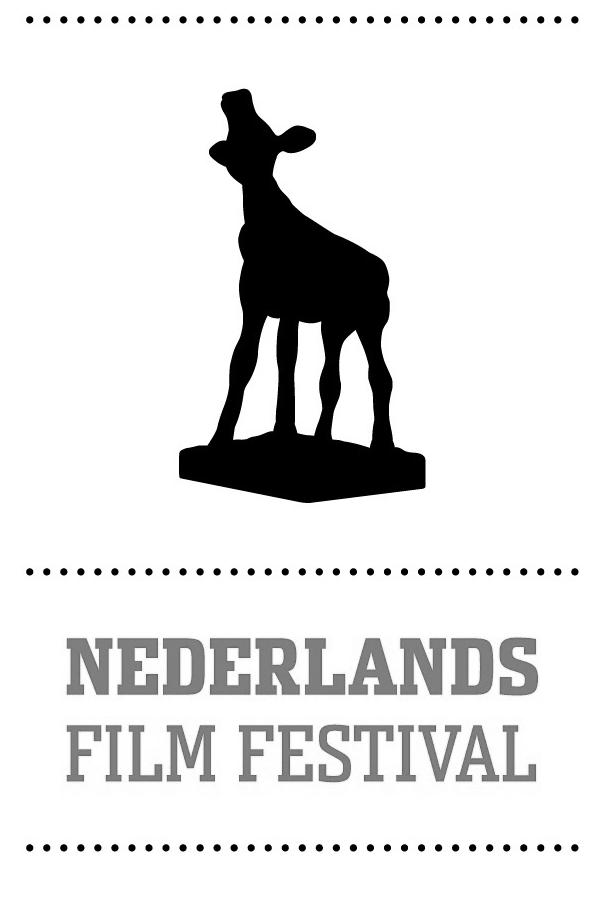
When: Sept 26th – Oct 10th
Where: De Neude & throughout Utrecht.
Price: €6,50 p. movie
More info/volunteer: www.filmfestival.nl
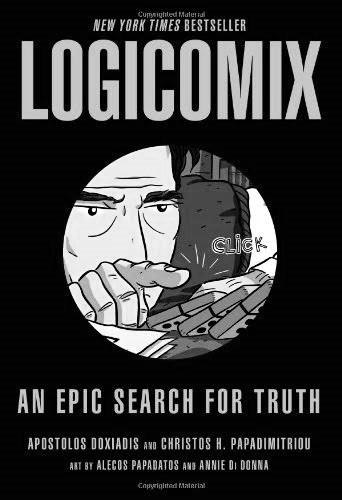
Marina Lazëri
An age old opposition. A tale of love and sex. Struggles of the body and mind. Sounds like a standard coming of age story to me. Well, this graphic novel is of a rather odd makeup for a change: instead of Batman, Superman or X-men (what is it with men and heroisms?) it stars characters such as Bertrand Russell, Ludwig Wittgenstein and Gottlob Frebe.
Written by Apostolos Doxiadis and Christos H. Papadimitriou and illustrated by Alecos Papadatos and Annie Di Donna, the story is based on the foundations of the philosophy of mathematics and it traces Russell’s search for truth. It is set within a superhero comic paradigm: the heroes of the book fight enemies that take up the form of Intellectual Darkness, have perpetual inner conflicts regarding madness and help humanity by overcoming intellectual challenges one step at a time. The narrative of the perpetual adventurer is intertwined with a history of the philosophy of mathematics in early 20th century. Set in a few parallel plots, the book depicts the authors of the book themselves in their own path of discovery, Bertrand Russell giving a lecture in 1939, right after the invasion of Poland by Hitler and the narrative of Russell’s life before 1939 as reminisced by the latter in an attempt to recount his encounters with the elusive truth, infinity and madness.
The gripping art of Papadatos and Di Donna allows for a few indiscretions in the story line: in order to create a linear narrative (problematic in itself, but befitting of such a format), the authors play around with a few event dates
and even describe encounters that most probably took place in the intellectual realm rather than the physical one. Nevertheless, they do not stray from describing the main ideas involved in the storyline, quite accurately from a time perspective as well. The most captivating part of the book is, in graphic novel terms, the face-off between Russell and Wittgenstein, which did not escalate to a full blown debate but nonetheless made Russell realize the futility of his endeavors to discover truth with the set of logical parameters he was working with.
The greatest impression that this fascinating and attention gripping book seeks to leave seems to be that life’s little joys make more of a man or woman than intellectual endeavors of any kind.
“Pig lungs, in company of Chinese professor Rients van Goudoever”
“Mooseburger and whaleburger at a fishmarket in Norway”
“Grasshoppers
“A live octopus that attacked my face”
“Chocolate scorpians and deep-fried ants and worms”
Editors
Klementina Ristovska
Marina Lazëri
Willem van Geel
Laura Boerboom
Sanne van der Steeg
Lisa ten Brinke
Robert van Schaik
Elena Butti
Amea Loeffler
Sofia Banzhoff
Cristian Bobocea
The Boomerang Team 2012|2013:
Editor-in-Chief Klementina Ristovska
Managing Director Elena Butti
Off-Campus Editor & Secretary Marina Lazëri
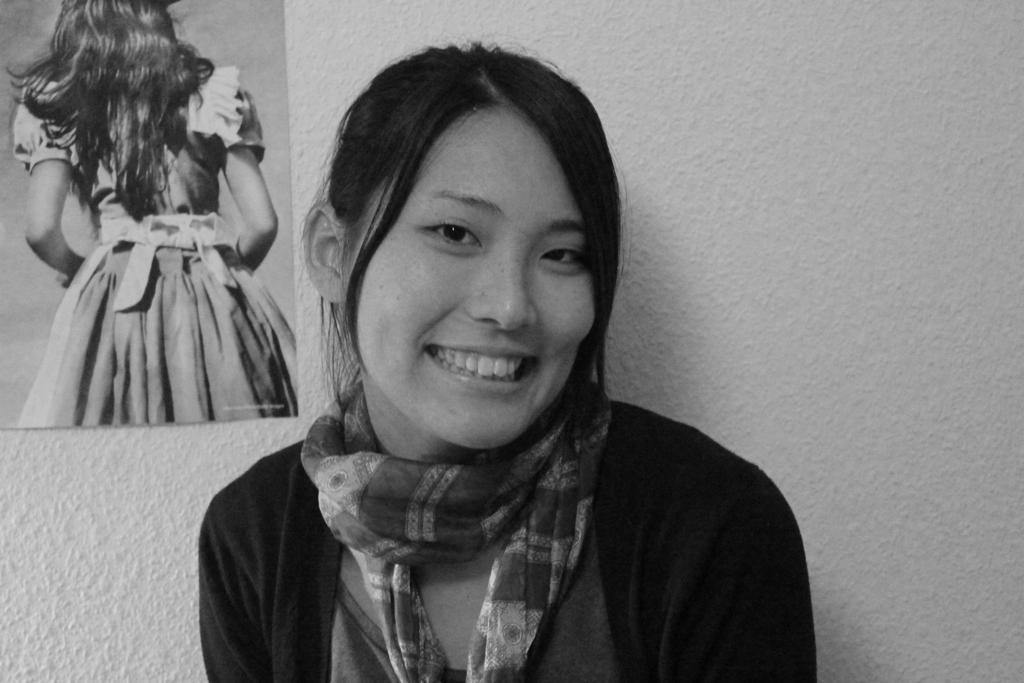
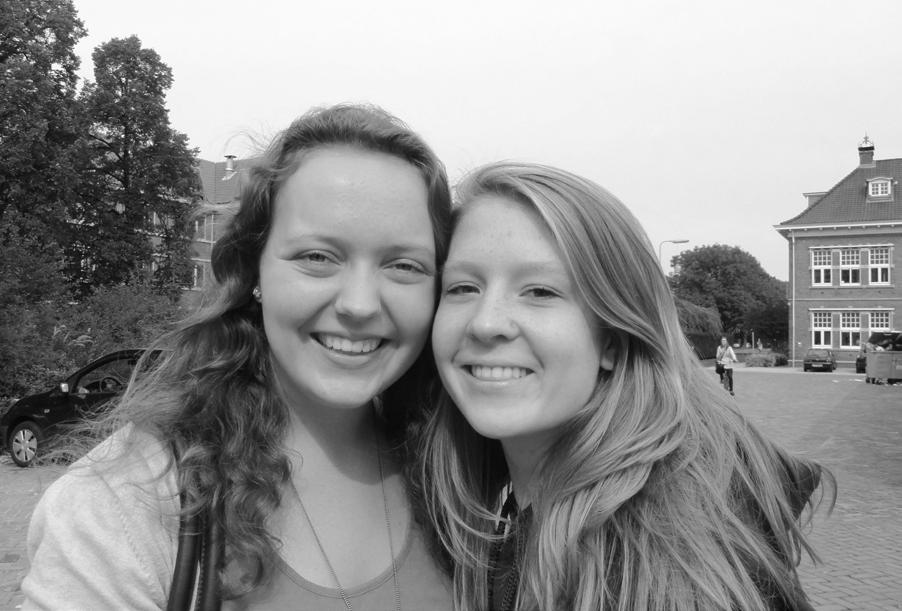
Campus Editor & Treasurer Willem van Geel
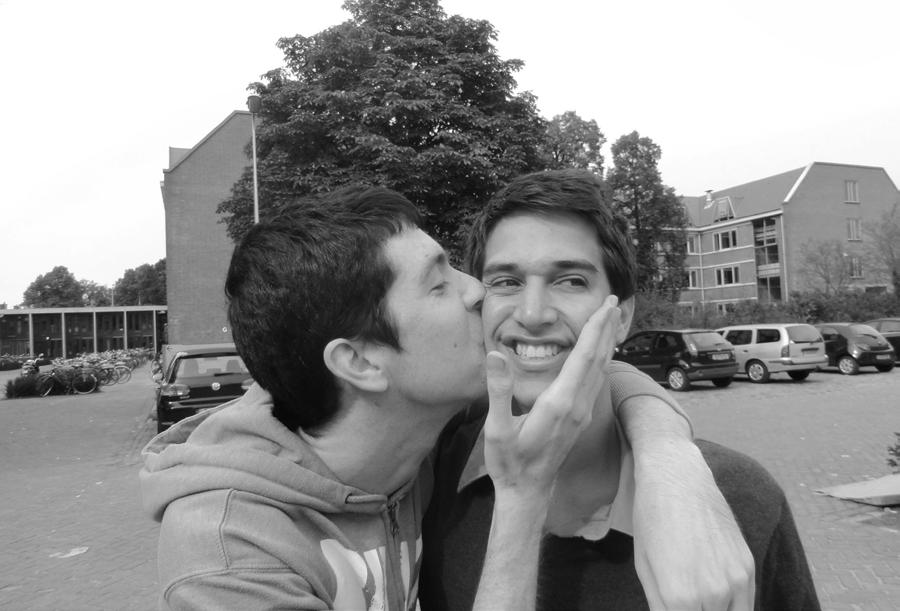

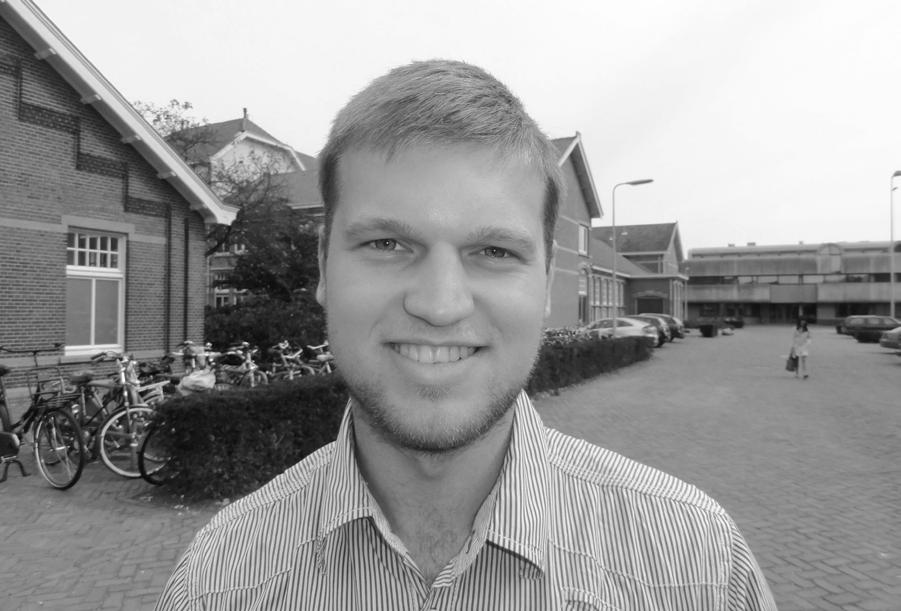

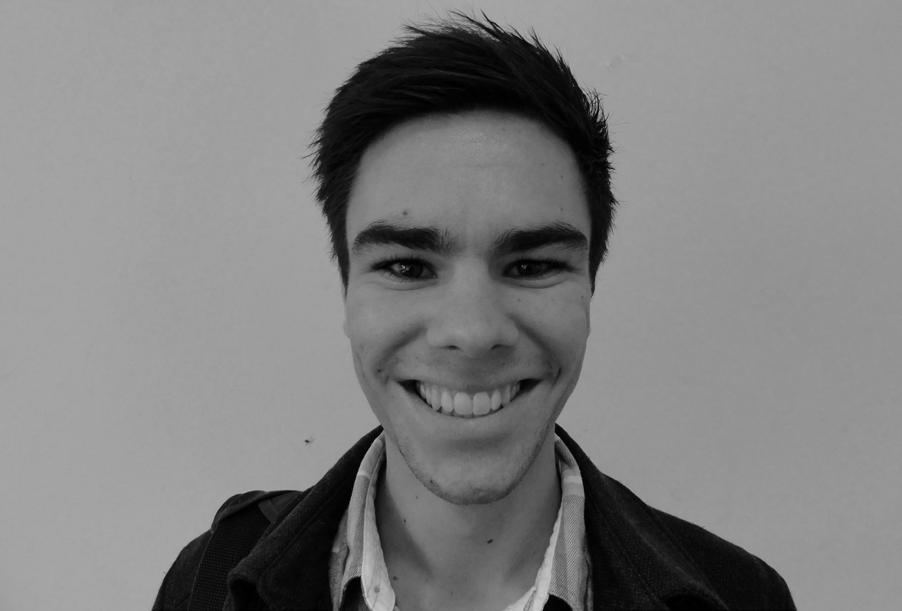
Managing Editor Laura Boerboom
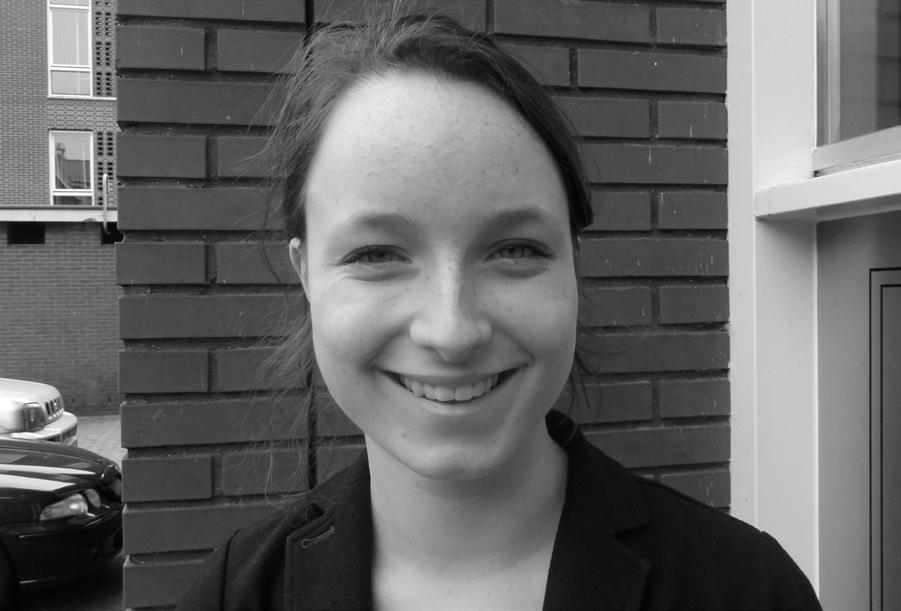
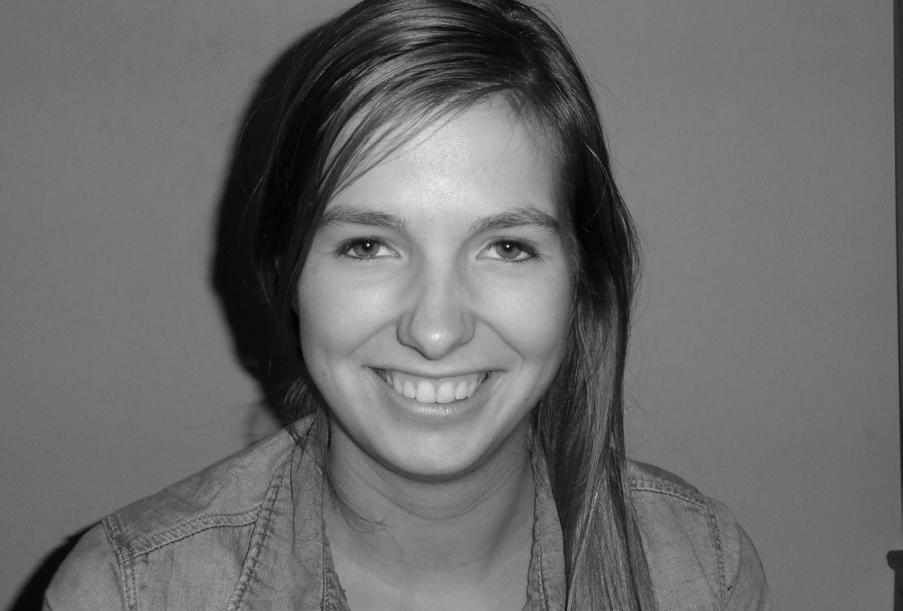
Art and Layout Director Minh Tue Le Ngoc
Layout Designer Emiel Stegeman, Danielle Bovenberg
Cartoonists Carlos Granadoz Martinez, Laurence Herfs
CAO Martijn Scholtemeijer
The Boomerang is now online! Visit, read and comment on ucsaboomerang.wordpress.com
